
Deutsch-Chinesische Enzyklopädie, 德汉百科
 Austria
Austria


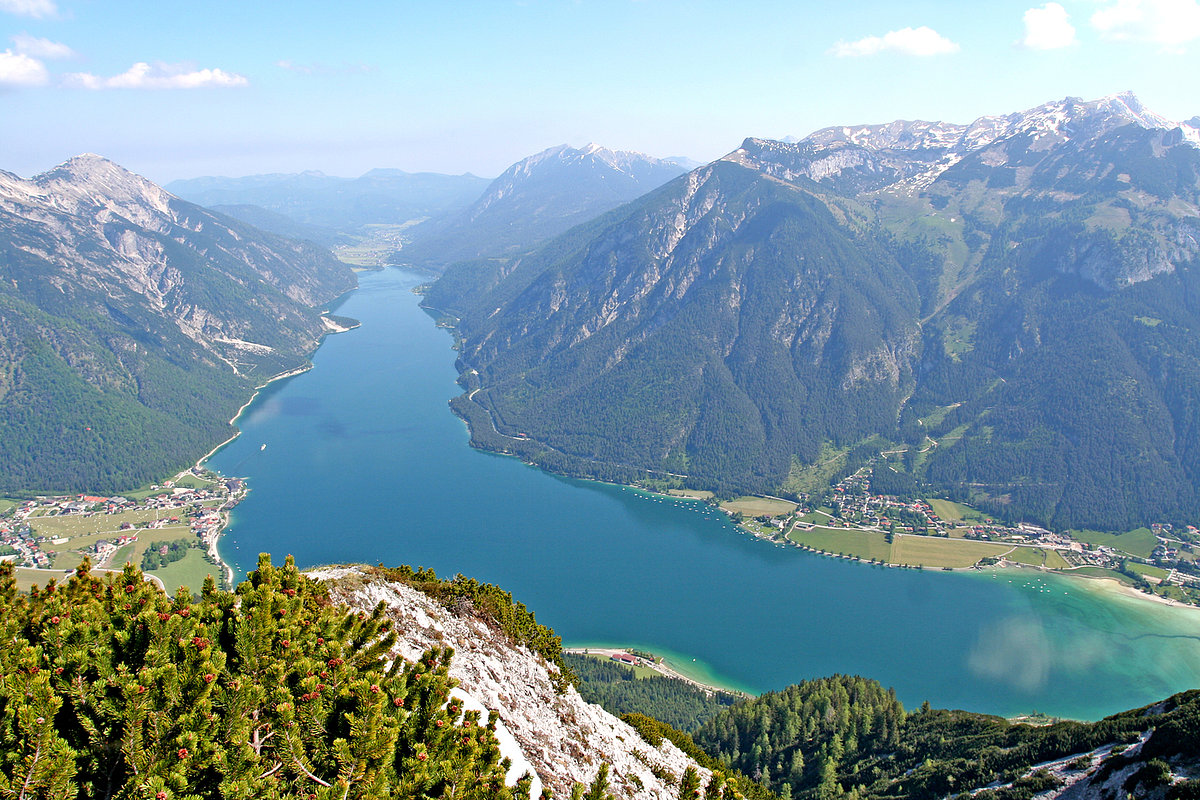



 Education and Research
Education and Research
 Universities and colleges in Austria
Universities and colleges in Austria

 Colleges and Universities in Europe
Colleges and Universities in Europe
 Austria
Austria

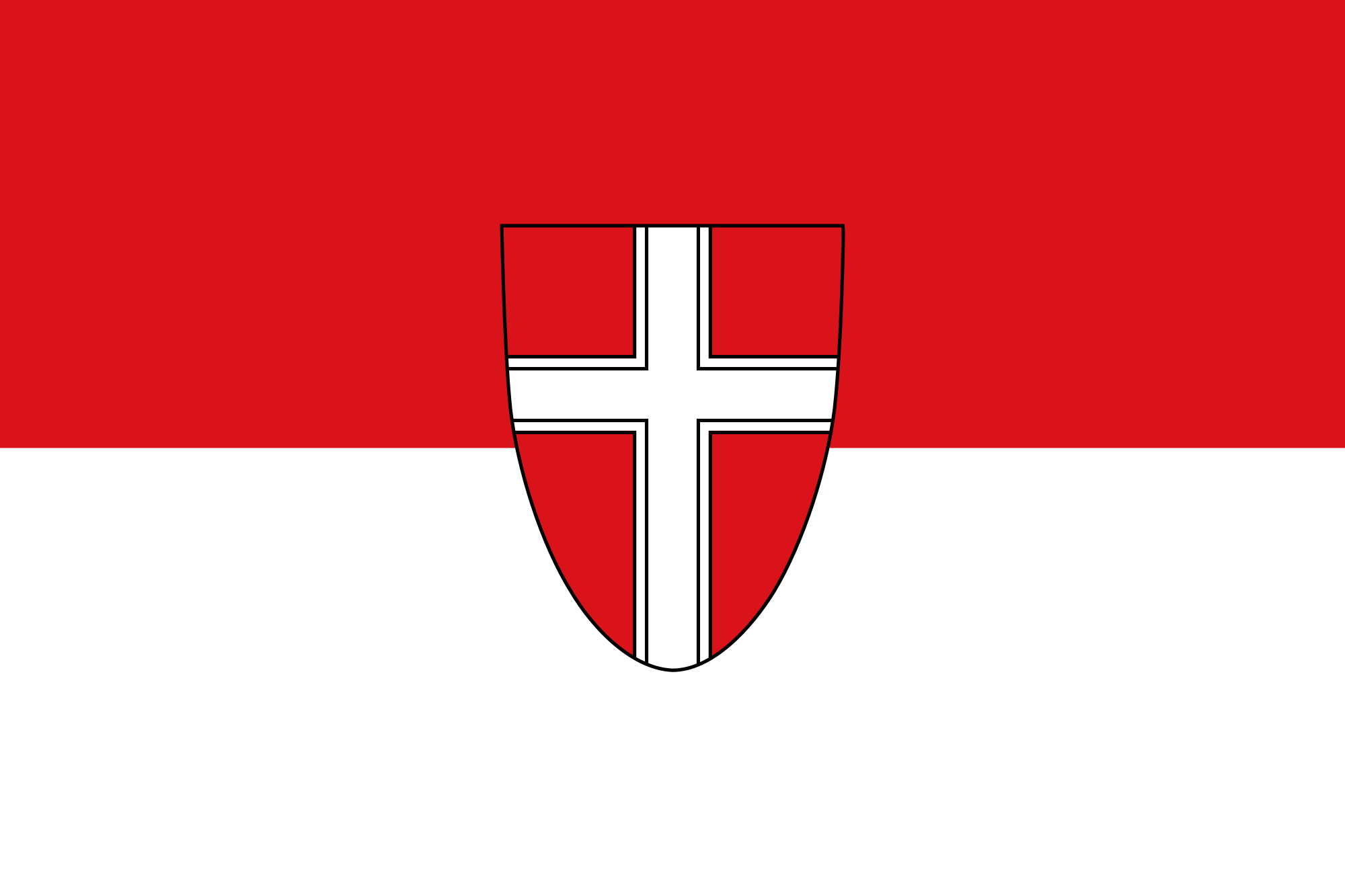 Vienna
Vienna

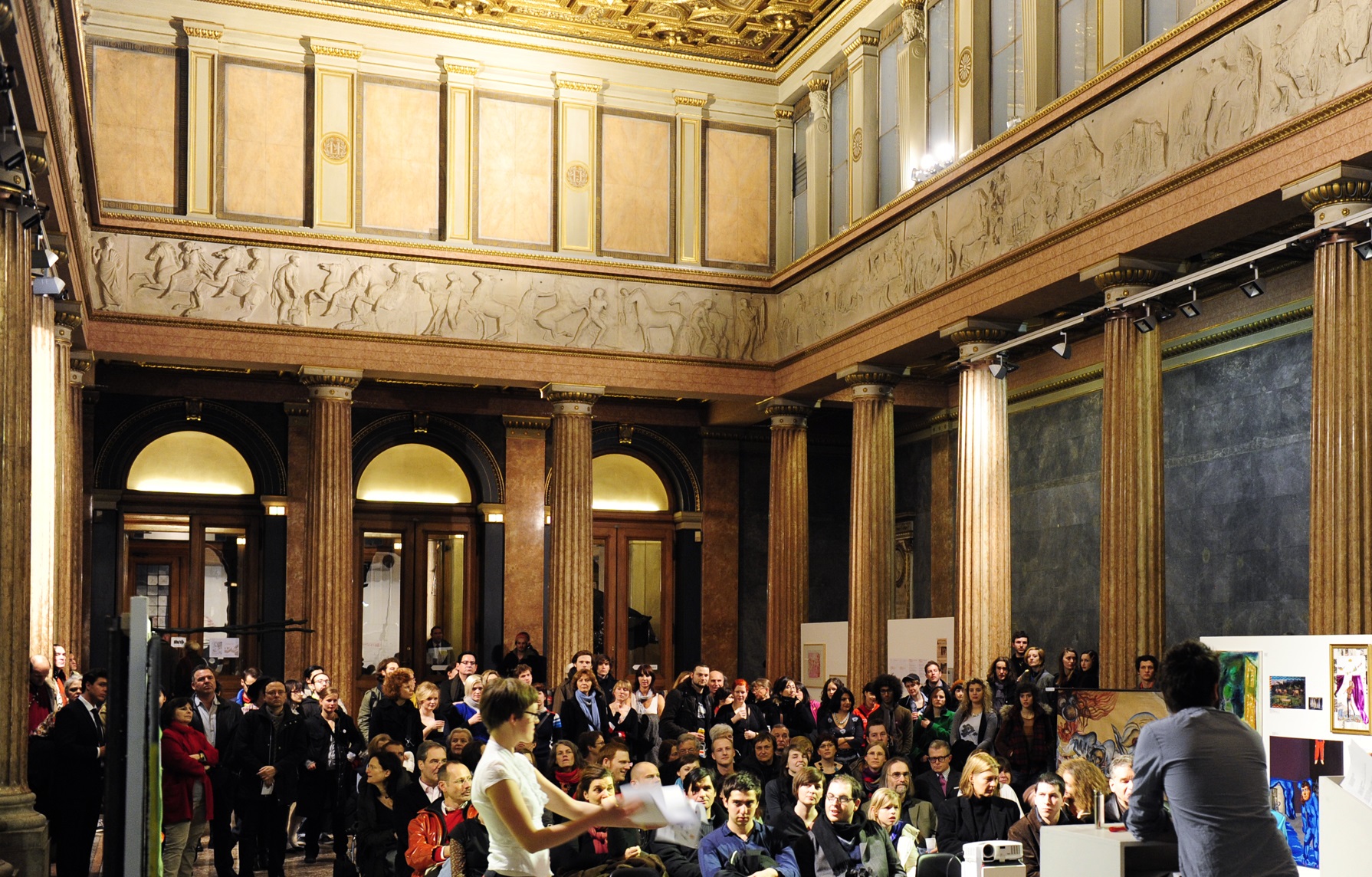
维也纳美术学院(德语Akademie der bildenden Künste Wien)位于奥地利首都维也纳,是一所建成于1692年的公立学院,也是欧洲最古老的艺术学院之一。维也纳美术学院自建校以来,培养了上百名优秀的艺术 家。该校为部分学生提供奖学金和助学金以帮助和鼓励他们顺利完成学业。 维也纳美术学院积极参与国际合作,与国内外多所高校有密切的合作关系,比如安特卫普应用科学大学、丹麦皇家艺术学院—视觉艺术学院、柏林艺术大学、帕多瓦 大学、伦敦大学艺术学院、巴塞罗那大学等等。 维也纳美术学院开设了本科和硕士、博士研究生层次的专业。本科专业有建筑学;硕士专业有建筑学、美术、舞台设计、修复与保藏等;博士研究生课程有:自然科 学、哲学等。(Quelle:http://school.nihaowang.com)
 Albertina Wien
Albertina Wien

 Architecture
Architecture
 Baroque / Rococo architecture
Baroque / Rococo architecture

 Art
Art

 Museum
Museum
 Austria
Austria

 Vacation and Travel
Vacation and Travel

 Vienna
Vienna
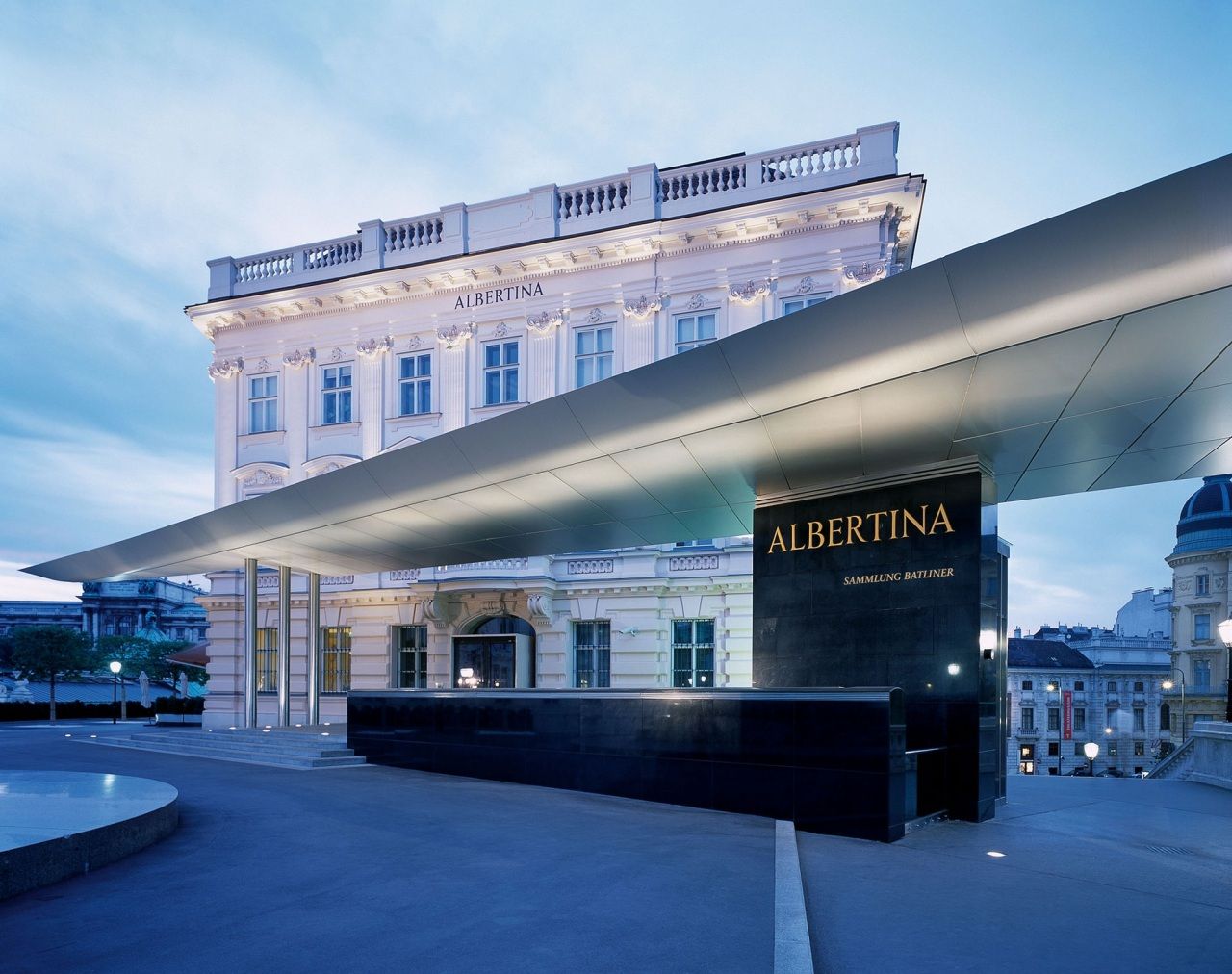
阿尔贝提纳美术馆坐落在国家歌剧院对面。十九世纪,阿尔伯特·冯·萨克森-特申(Albert von Sachsen-Teschen)买下了这座宫殿,并把它改建成一座美术馆。如今,阿尔贝提纳是全世界最大的版画收藏馆。这里收藏了从哥特风格到现代风格的数十万幅艺术品,几乎所有的名家手笔都有收藏。

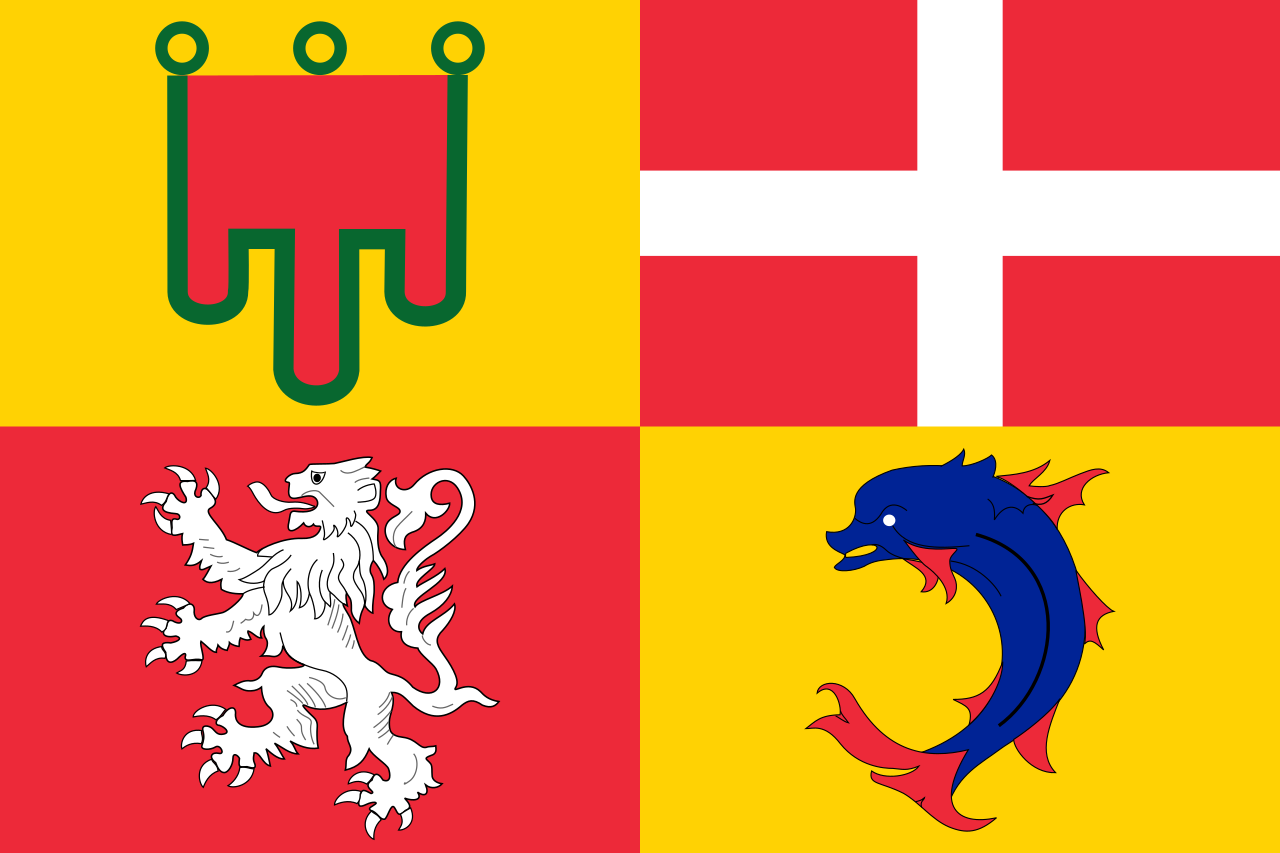 Auvergne-Rhône-Alpes
Auvergne-Rhône-Alpes

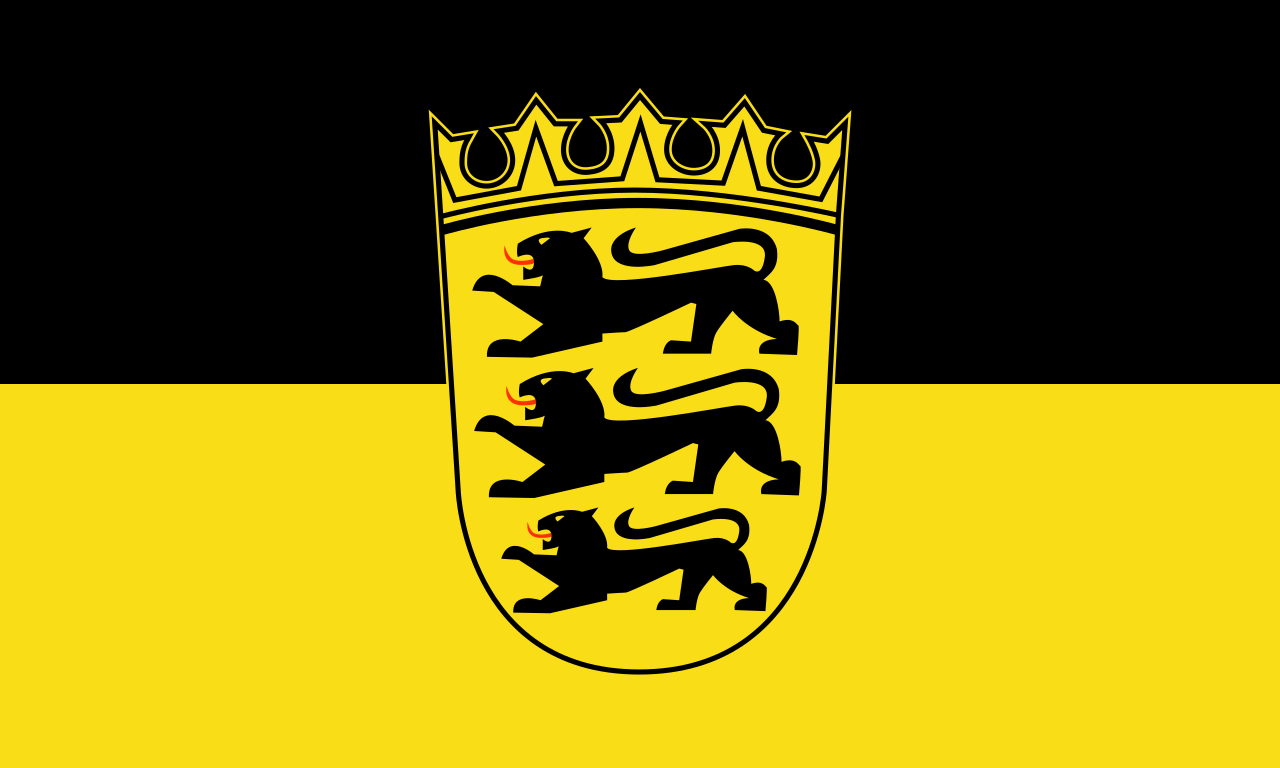 Baden-Wuerttemberg
Baden-Wuerttemberg

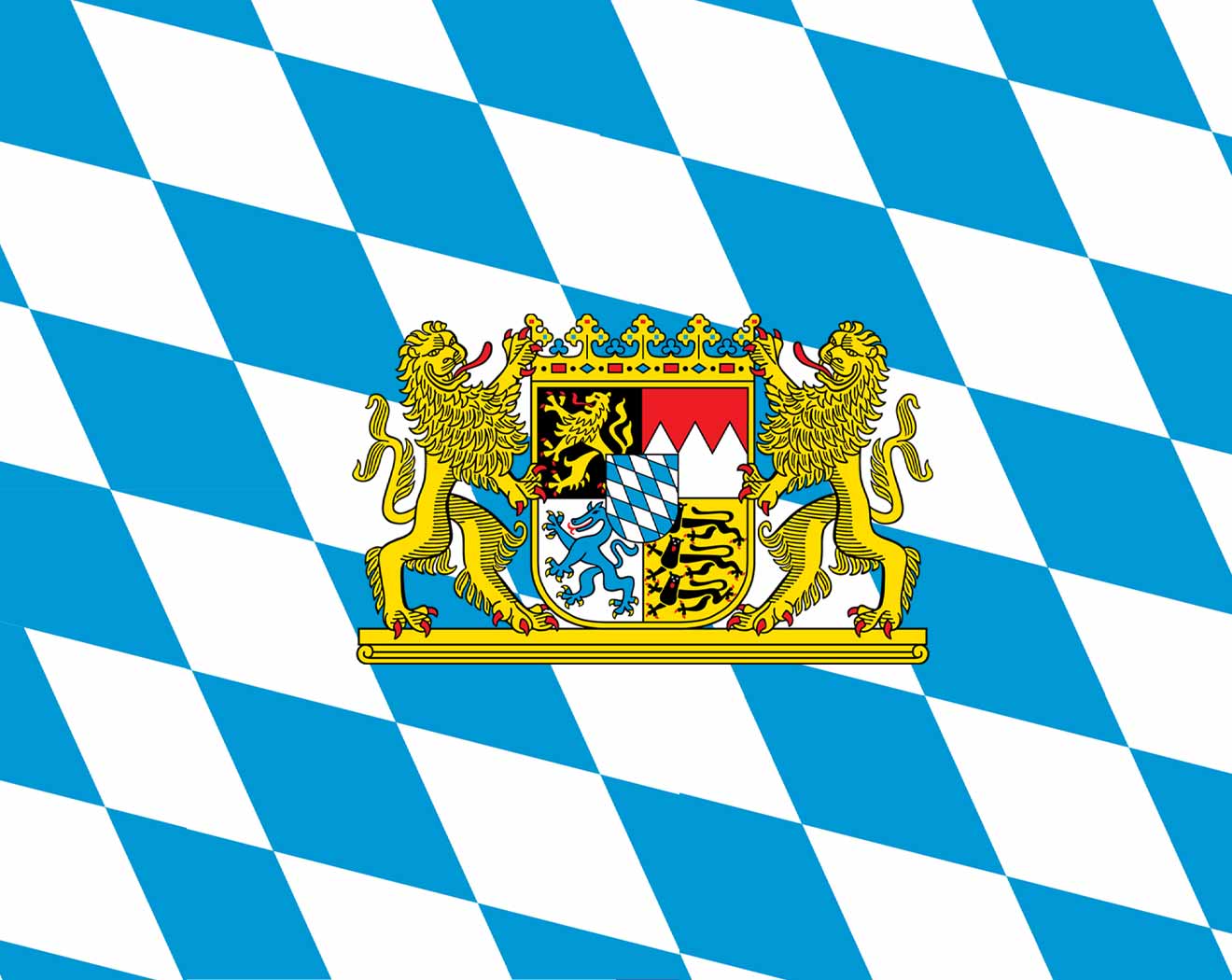 Bavaria
Bavaria
 Germany
Germany
 France
France

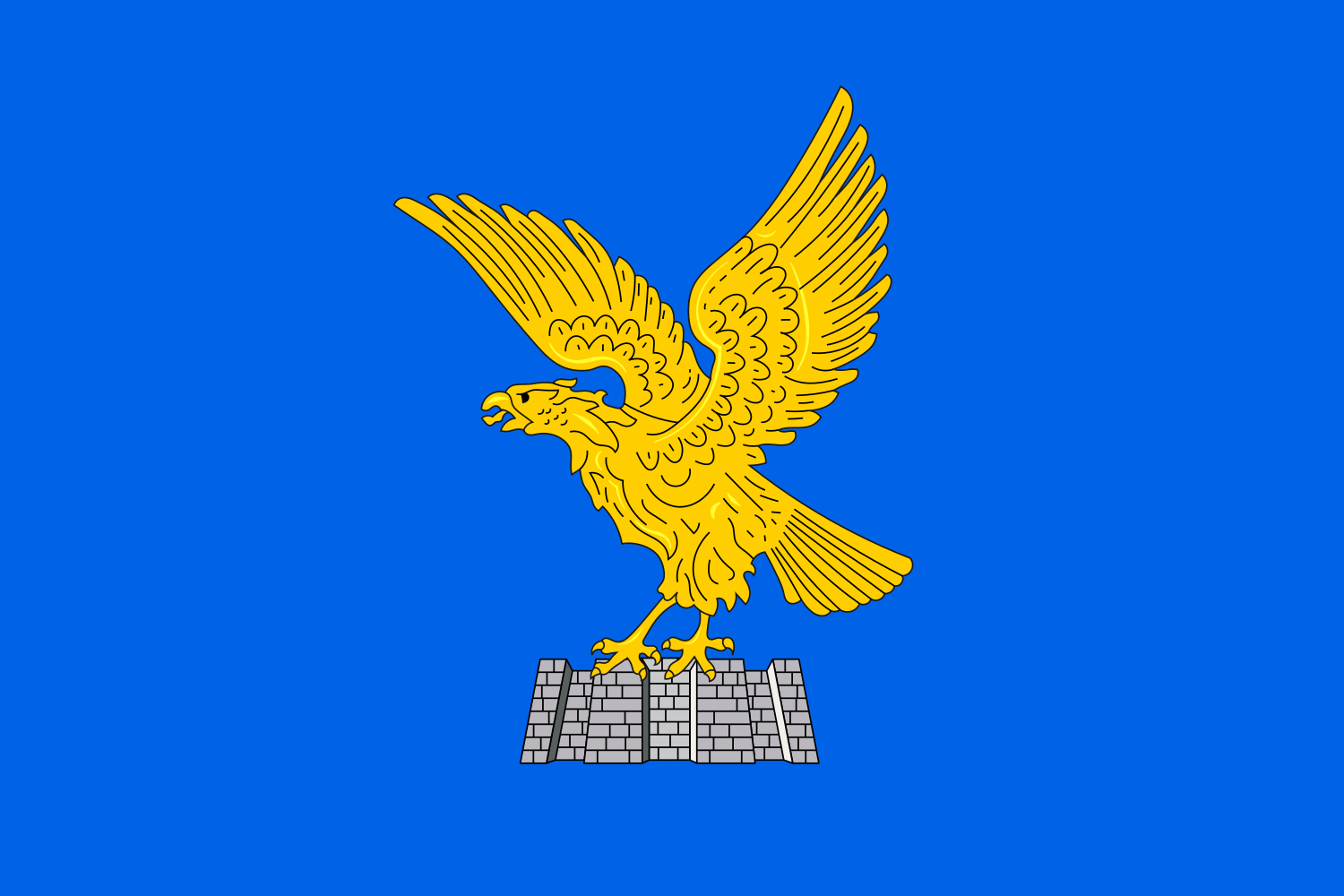 Friuli-Venezia Giulia
Friuli-Venezia Giulia
 Italy
Italy
 Liechtenstein
Liechtenstein

 Lombardia
Lombardia
 Monaco
Monaco
 Austria
Austria

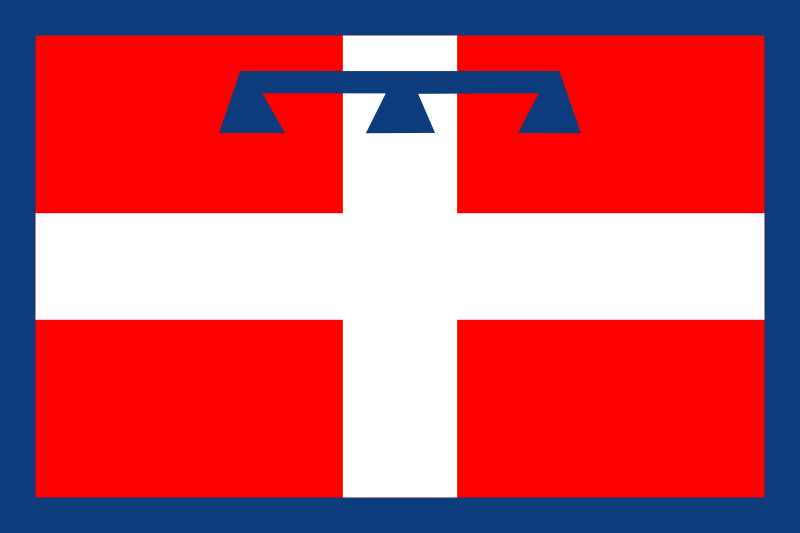 Piemonte
Piemonte

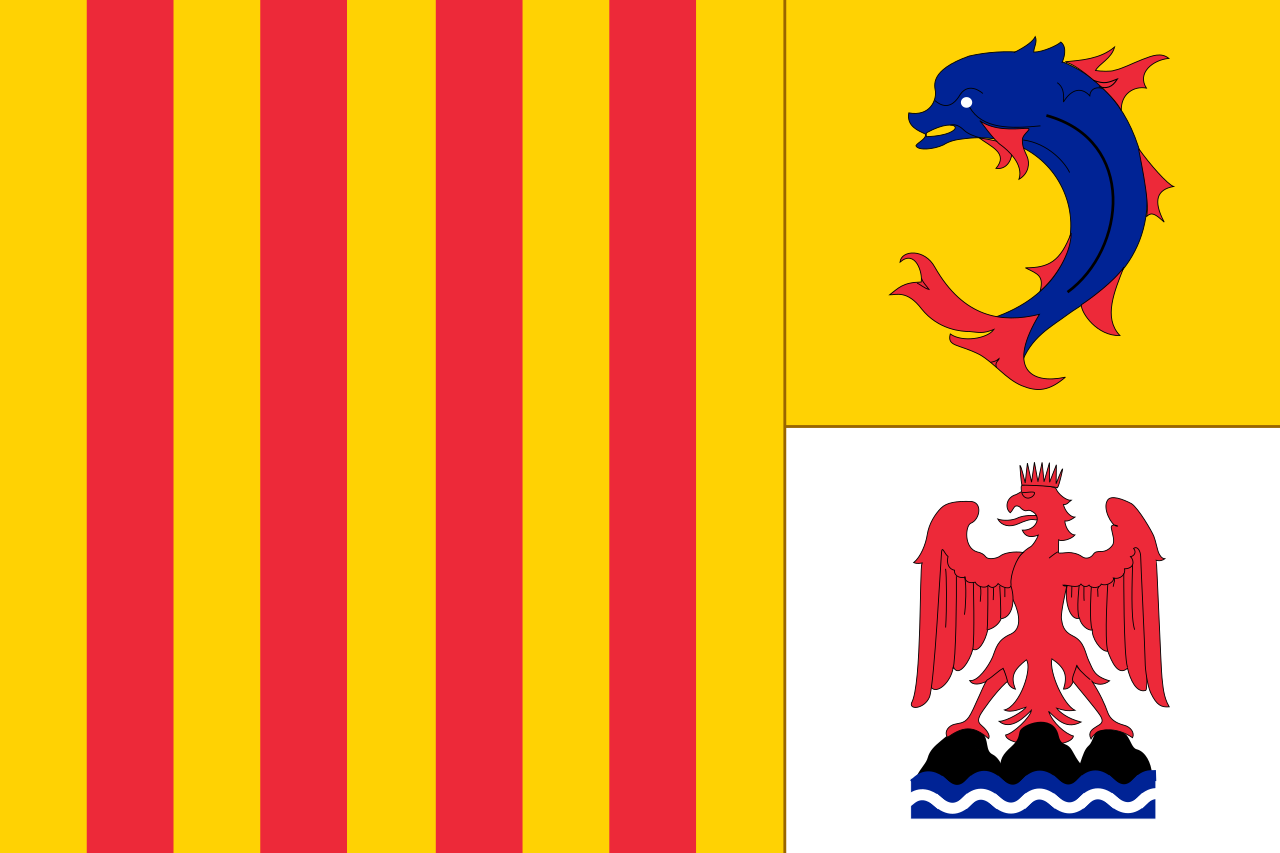 Provence-Alpes-Côte d´Azur
Provence-Alpes-Côte d´Azur
 Switzerland
Switzerland
 Slovenia
Slovenia

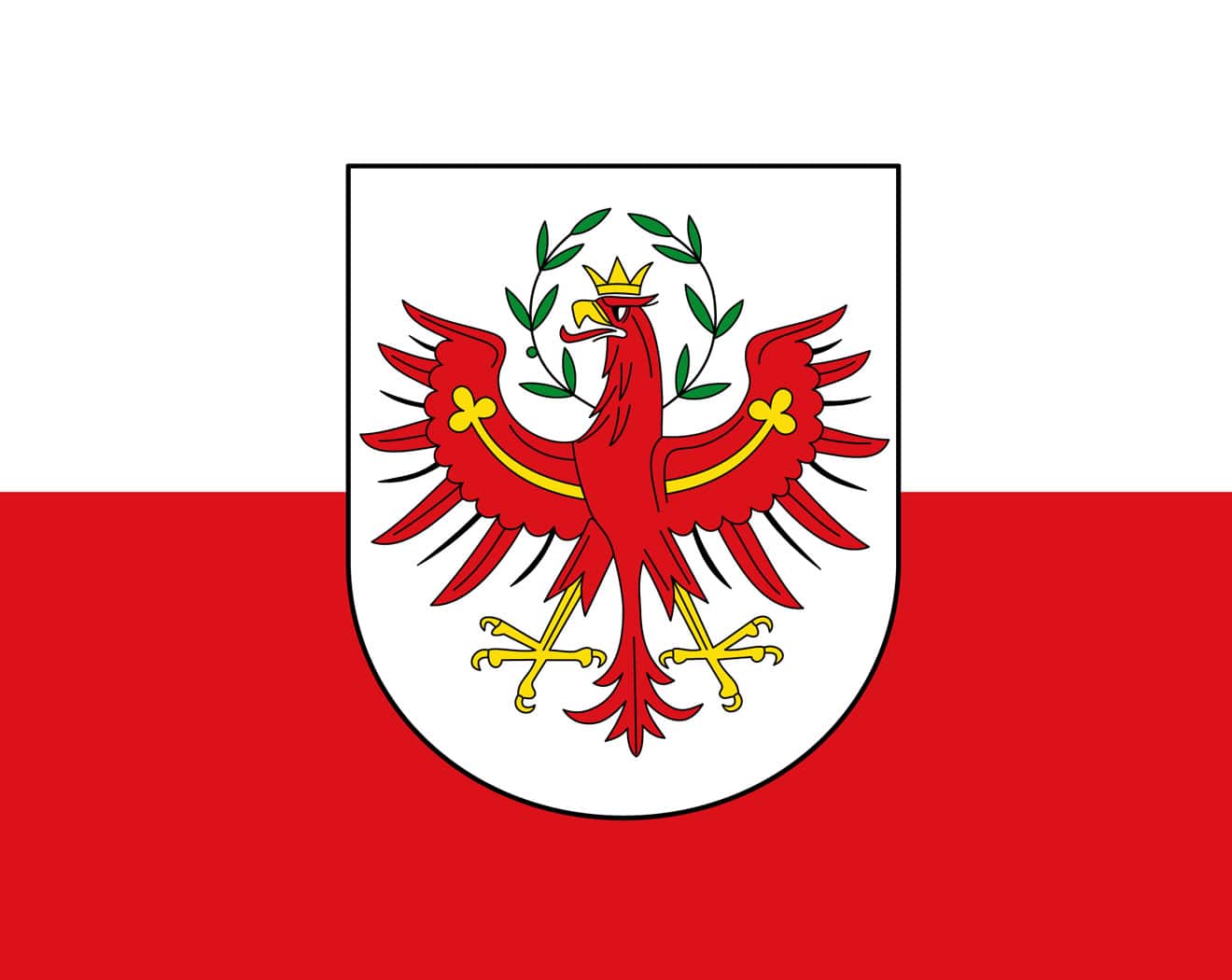 Tyrol
Tyrol

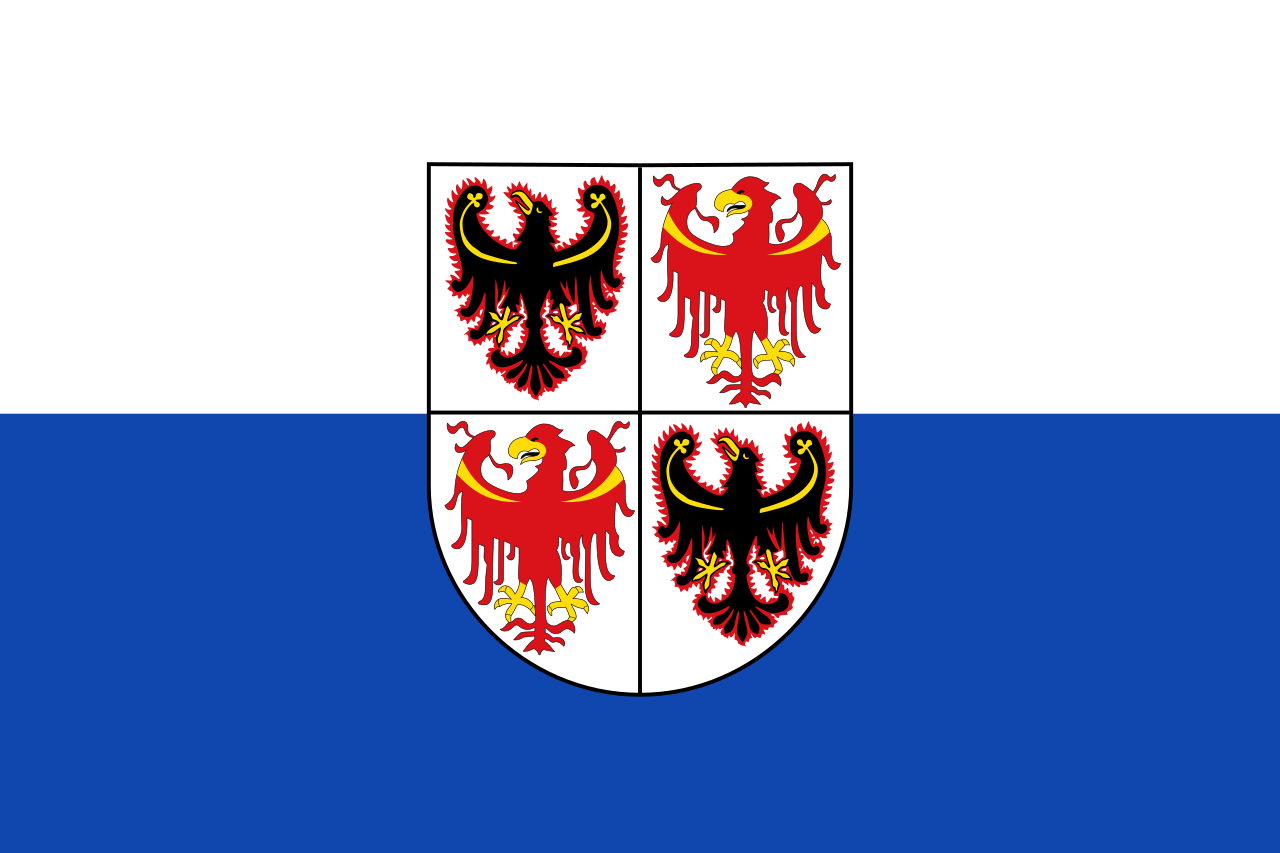 Trentino-Alto Adige
Trentino-Alto Adige

 Vacation and Travel
Vacation and Travel

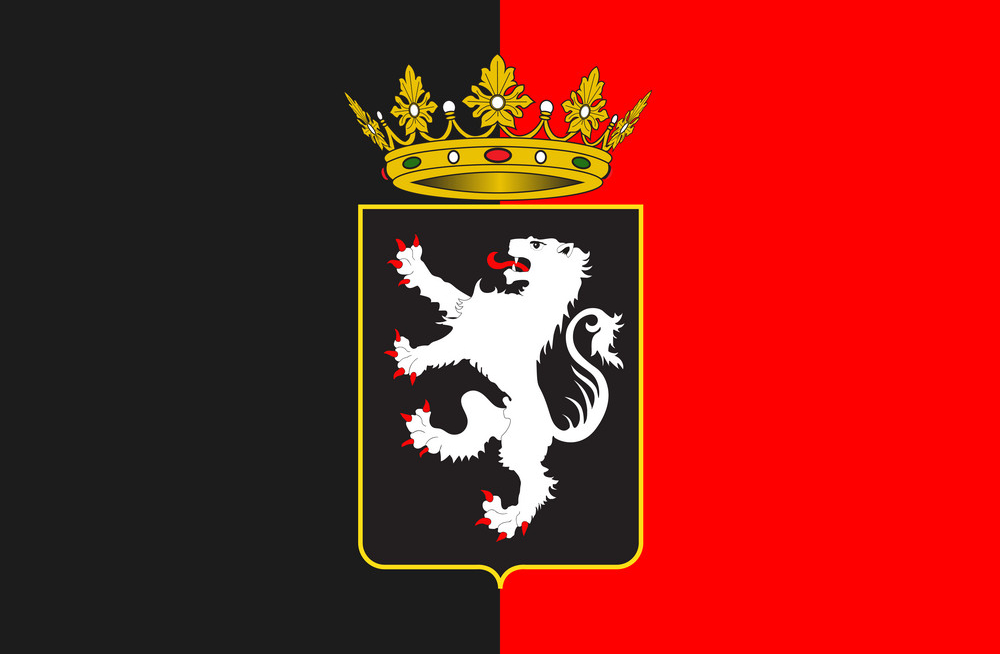 Valle d´Aosta
Valle d´Aosta

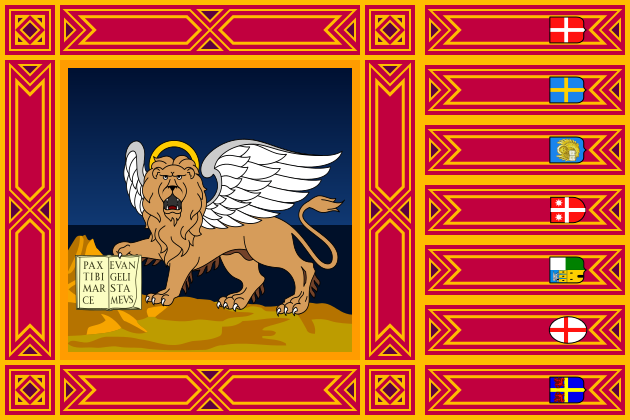 Veneto
Veneto

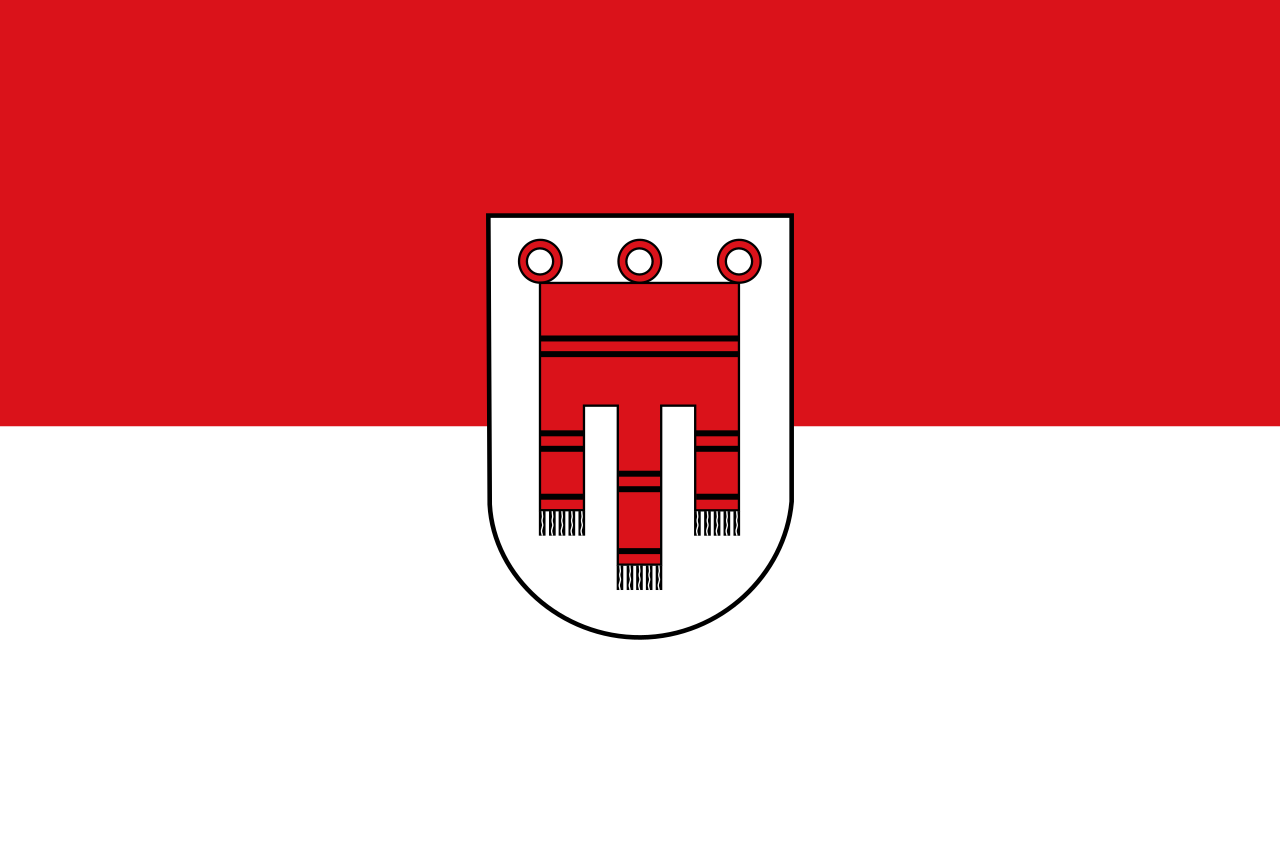 Vorarlberg
Vorarlberg
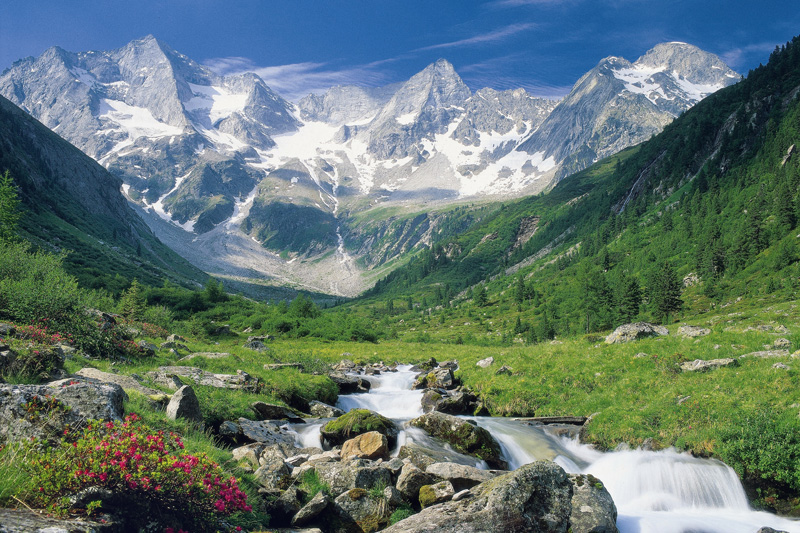
欧洲南部高大的山脉。西起法国尼斯附近地中海海岸,呈弧形向北、东延伸,经意大利北部、瑞士南部、列支敦士登、德国西南部,东止奥地利的维也纳盆地。总面积约22万平方千米。长约1200千米,宽130~260千米,东宽西窄。平均海拔3000米左右。 山脉主干向西南方向延伸为比利牛斯山脉,向南延伸为亚平宁山脉,向东南方向延伸为迪纳拉山脉,向东延伸为喀尔巴阡山脉。阿尔卑斯山脉可分为3段。西段西阿尔卑斯山从地中海岸,经法国东南部和意大利的西北部,到瑞士边境的大圣伯纳德山口附近,为山系最窄部分,也是高峰最集中的山段。勃朗峰(4810米)是整个山脉的最高点,位于法国和意大利边界。中段中阿尔卑斯山,介于大圣伯纳德山口和博登湖之间,宽度最大。有马特峰(4479米)和蒙特罗莎峰( 4634米)。东段东阿尔卑斯山在博登湖以东,海拔低于西、中两段阿尔卑斯山。
阿尔卑斯山(德语:Alpen;法语:Alpes;意大利语:Alpi;斯洛文尼亚语:Alpe)是一座位于欧洲中心的山脉,它覆盖了意大利北部边界、法国东南部、瑞士、列支敦士登、奥地利、德国南部及斯洛文尼亚。它可以被细分为三个部分,从地中海到勃朗峰的西阿尔卑斯山,从瓦莱达奥斯塔到布伦纳山口(奥地利和意大利交界处)的中阿尔卑斯山,从布伦纳山口到斯洛文尼亚的东阿尔卑斯山。欧洲许多大河都发源于此,水力资源丰富,为旅游、度假、疗养胜地。
阿尔卑斯山共有128座海拔超过4000米的山峰,其中最高峰勃朗峰海拔4810.45米[1],位于法国和意大利的交界处。山脉呈弧形,长1200千米,宽130~260千米,平均海拔约3000米,总面积约22万平方千米[2]。阿尔卑斯山北边是水汽较多的气候,而南边则较为干燥,雨量很少。
Die Alpen sind das höchste Gebirge im Inneren Europas. Es erstreckt sich in einem 1200 Kilometer langen und zwischen 150 und 250 Kilometer[1] breiten Bogen vom Ligurischen Meer bis zum Pannonischen Becken.
Die gesamte Alpenregion nimmt eine Fläche von etwa 200.000 Quadratkilometern ein.[2] Sie dehnt sich etwa 750 km von West nach Ost und ca. 400 km von Süd nach Nord aus und wird vom Rhonetal, dem Schweizer Mittelland, dem Oberlauf der Donau, der Kleinen Ungarischen Tiefebene, der Po-Ebene und dem Golf von Genua umgrenzt.
Der Alpenbogen schließt im Südwesten am Golf von Genua an den Apennin an, umfasst die Po-Ebene, verzweigt sich zum Französischen und Schweizer Jura und endet fächerförmig im Osten vor dem westpannonischen Berg- und Hügelland. Im Nordosten an der Donau bei Wien sind die Alpen durch das Wiener Becken von den geologisch verwandten Karpaten getrennt, im Südosten gehen sie in das stark verkarstete Dinarische Gebirge über. Im Norden fallen die Alpen allmählich zum österreichischen und deutschen Alpenvorland ab. Im Süden ist der Abfall zur Po-Ebene steiler. Der Gebirgszug, zu dem die Alpen gehören, erstreckt sich vom afrikanischen Atlas bis nach Südostasien.[3]
Die Gipfelhöhen in den westlichen Gebirgsstöcken liegen meist zwischen 3000 und 4300 Meter über dem Meeresspiegel, in den Ostalpen sind die Berge etwas niedriger. Der höchste Gipfel der Alpen ist der Mont Blanc mit 4810 Metern. 128 Berge der Alpen sind Viertausender, etliche Berge mehr oder weniger vergletschert. Die Alpen sind in zahlreiche Gebirgsgruppen und -ketten gegliedert.
Die Alpen bilden im „Herzen Europas“[4] eine wichtige Klima- und Wasserscheide. Sie trennen den zentralen Mittelmeerraum mit dem Etesienklima vom atlantisch beeinflussten nördlichen Mitteleuropa und stehen am Ostrand unter kontinentalem Einfluss. Auch die Entwässerung folgt diesen Großrichtungen zu Mittelmeer, Nordsee und Schwarzem Meer.
Der Alpenraum umfasst Gebiete der acht Alpenstaaten Frankreich, Monaco, Italien, Schweiz, Liechtenstein, Deutschland, Österreich und Slowenien. Er bildet den Lebensraum von 13 Millionen Menschen und genießt europäische Bedeutung als Erholungsraum.[4] Ungarn hat Anteile an Mittelgebirgen, die zu den Alpen gezählt werden, beispielsweise an Günser und Ödenburger Gebirge, wird in der Regel jedoch nicht zum Alpenraum gezählt. Seit der Frühgeschichte stellen Alpentäler und -pässe auch wichtige transeuropäische Verkehrsverbindungen dar.
アルプス山脈(アルプスさんみゃく、羅: Alpes アルペース、仏: Alpes、伊: Alpi、独: Alpen、英: Alps)は、アルプス・ヒマラヤ造山帯に属し、ヨーロッパ中央部を東西に横切る「山脈」である。オーストリア、スロベニアを東端とし、イタリア、ドイツ、リヒテンシュタイン、スイス各国にまたがり、フランスを南西端とする多国にまたがっている。アルプ(スイスの高山山腹の夏季放牧場;英語: alp,フランス語: alpe,ドイツ語: Alpe)がいっぱいであるからアルプスであると考える説と、ケルト語の alp「岩山」を語源とし、ラテン語を経由したと考える説がある。最高峰のモンブランは標高4,810.9m(2007年)で、フランスとイタリアの国境をなし、ヨーロッパの最高峰[1]でもある。
アルプス山脈はヨーロッパの多数の河川の水源地となっており、ここからドナウ川、ライン川、ローヌ川、ポー川、といった大河川が流れ出て、それぞれ黒海、北海、地中海、アドリア海へと注ぐ。
The Alps (/ælps/; French: Alpes [alp]; German: Alpen [ˈalpn̩]; Italian: Alpi [ˈalpi]; Romansh: Alps; Slovene: Alpe [ˈáːlpɛ]) are the highest and most extensive mountain range system that lies entirely in Europe,[2][note 1] stretching approximately 1,200 kilometres (750 mi) across eight Alpine countries (from west to east): France, Switzerland, Italy, Monaco, Liechtenstein, Austria, Germany, and Slovenia.[3] The mountains were formed over tens of millions of years as the African and Eurasian tectonic plates collided. Extreme shortening caused by the event resulted in marine sedimentary rocks rising by thrusting and folding into high mountain peaks such as Mont Blanc and the Matterhorn. Mont Blanc spans the French–Italian border, and at 4,810 m (15,781 ft) is the highest mountain in the Alps. The Alpine region area contains about a hundred peaks higher than 4,000 metres (13,000 ft).
The altitude and size of the range affects the climate in Europe; in the mountains precipitation levels vary greatly and climatic conditions consist of distinct zones. Wildlife such as ibex live in the higher peaks to elevations of 3,400 m (11,155 ft), and plants such as Edelweiss grow in rocky areas in lower elevations as well as in higher elevations. Evidence of human habitation in the Alps goes back to the Palaeolithic era. A mummified man, determined to be 5,000 years old, was discovered on a glacier at the Austrian–Italian border in 1991.
By the 6th century BC, the Celtic La Tène culture was well established. Hannibal famously crossed the Alps with a herd of elephants, and the Romans had settlements in the region. In 1800, Napoleon crossed one of the mountain passes with an army of 40,000. The 18th and 19th centuries saw an influx of naturalists, writers, and artists, in particular, the Romantics, followed by the golden age of alpinism as mountaineers began to ascend the peaks.
The Alpine region has a strong cultural identity. The traditional culture of farming, cheesemaking, and woodworking still exists in Alpine villages, although the tourist industry began to grow early in the 20th century and expanded greatly after World War II to become the dominant industry by the end of the century. The Winter Olympic Games have been hosted in the Swiss, French, Italian, Austrian and German Alps. At present, the region is home to 14 million people and has 120 million annual visitors.[4]
Les Alpes (prononcé [alp]) sont une chaîne de montagnes qui s'étend en Europe, recouvrant la frontière nord de l'Italie, le Sud-Est de la France, Monaco, la Suisse, le Liechtenstein, l'Autriche, le Sud de l'Allemagne et la Slovénie.
Les Alpes culminent à 4 809 mètres, au sommet du mont Blanc. On recense 82 sommets majeurs de plus de 4 000 m d'altitude (Suisse : 48, Italie : 38, France : 24). Les cols de montagne reliant les vallées ou les pays dépassent souvent les 2 000 m d'altitude. Les Alpes forment une barrière de 1 200 km entre la Méditerranée et le Danube.
Le Alpi sono la catena montuosa più importante d'Europa, situate nell'Europa centrale a cavallo dei confini di Italia, Francia, Svizzera, Liechtenstein, Germania, Austria, Slovenia e Ungheria, separando l'Europa settentrionale da quella meridionale con lo stivale italiano. Suddivise in varie sezioni e svariati sottogruppi racchiudono in sé le vette più alte del continente centrale europeo, rivestendo anche un'importanza storica, naturalistica, idrografica e turistico-economica per i rispettivi paesi.
Los Alpes son una importante cadena de montañas situada en la Europa Central. Su cumbre más alta es el Mont Blanc, con 4.810 metros de altitud. Alrededor de los Alpes, favorecidos por ríos importantes de caudal uniforme y ricas tierras de cultivo, se ubicaron desde la prehistoria diversos pueblos, principalmente celtas, como los borgoñones, leucos, lombardos, helvecios, y posteriormente germánicos en el noreste y pueblos itálicos después de la conquista de la Galia Cisalpina por Julio César. Actualmente viven unos 14 millones de personas en la región de los Alpes.
А́льпы (фр. Alpes, нем. Alpen, итал. Alpi, романш. Alps, словен. Alpe) — самый высокий и протяжённый горный хребет среди систем, целиком лежащих в Европе. При этом Кавказские горы выше, а Уральские — протяжённей, но они лежат также и на территории Азии (в зависимости от выбранного определения границы между Европой и Азией).
Альпы представляют собой сложную систему хребтов и массивов, протянувшуюся выпуклой к северо-западу дугой от Лигурийского моря до Среднедунайской низменности. Альпы располагаются на территории 8 стран: Франции, Монако, Италии, Швейцарии, Германии, Австрии, Лихтенштейна и Словении. Общая длина альпийской дуги составляет около 1200 км (по внутреннему краю дуги — около 750 км), ширина — до 260 км. Самой высокой вершиной Альп является гора Монблан высотой 4810 метров над уровнем моря, расположенная на границе Франции и Италии[1]. Всего в Альпах сосредоточено около 100 вершин-четырёхтысячников[2].
Альпы являются международным центром альпинизма, горнолыжного спорта и туризма. Туризм в Альпах начал активно развиваться в XX веке и получил большой толчок после окончания Второй мировой войны, став одним из главных направлений в конце столетия. Пять стран из восьми (Швейцария, Франция, Италия, Австрия и Германия) были хозяйками Зимних Олимпийских игр, которые проводились в альпийских объектах[3]. Несмотря на активное развитие туризма, в альпийском регионе по-прежнему существует самобытная традиционная культура, включая сельское хозяйство, деревообработку и сыроварение.
Благодаря расположению в центре Западной Европы, Альпы являются одной из наиболее изученных горных систем. Многие понятия названы по имени Альп, в частности, альпийский климатический пояс, период альпийской складчатости, альпийский тип рельефа, альпийские луга, альпинизм.

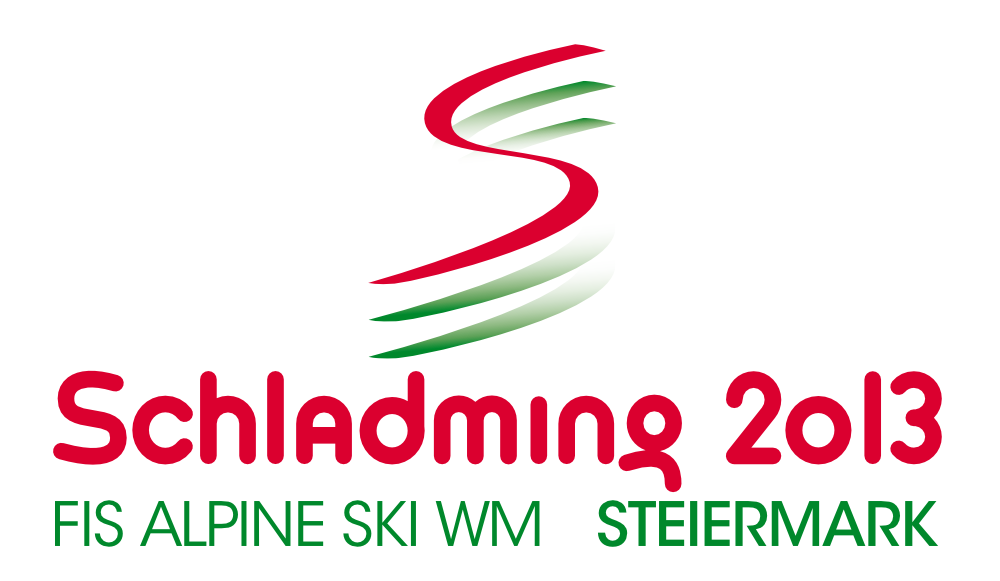
 America´s Cup 2017
America´s Cup 2017
 Australia
Australia

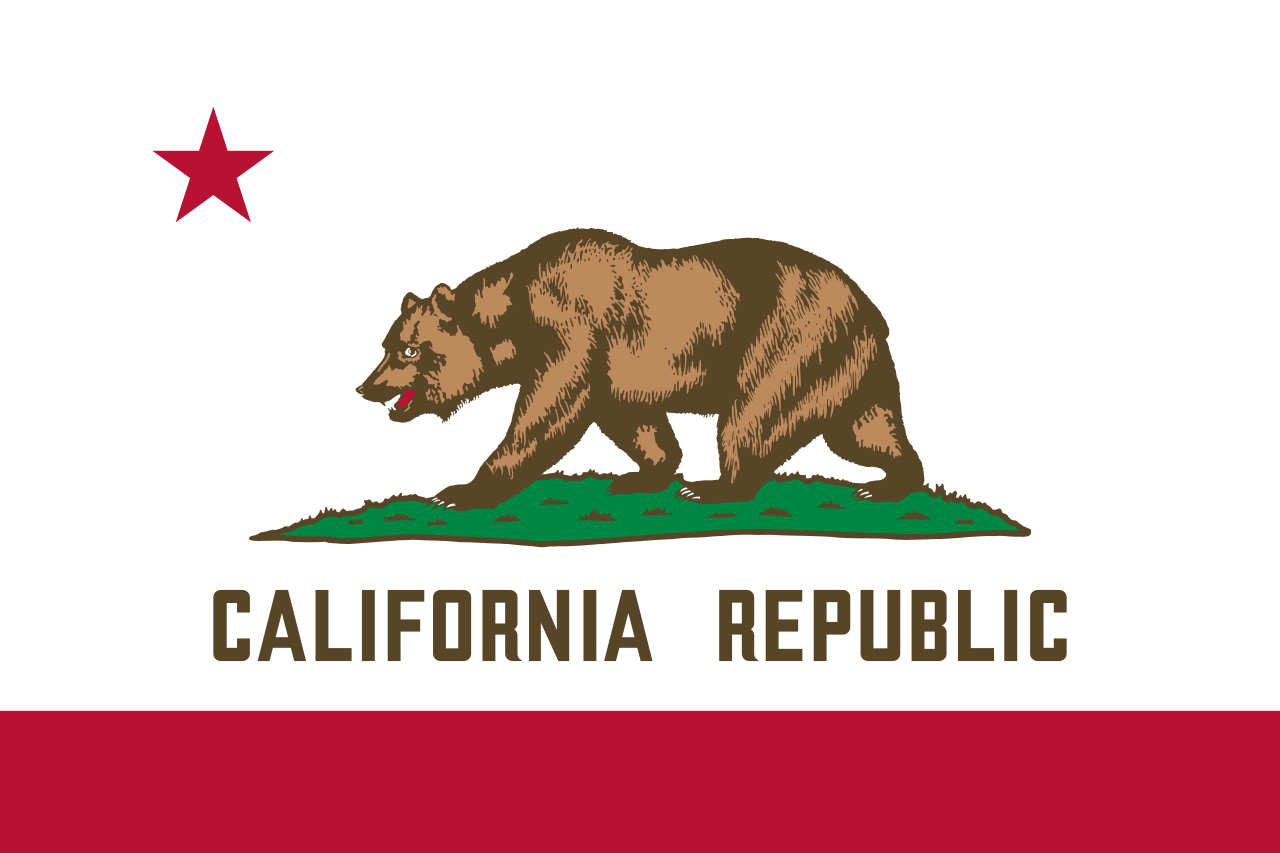 California-CA
California-CA
 China
China

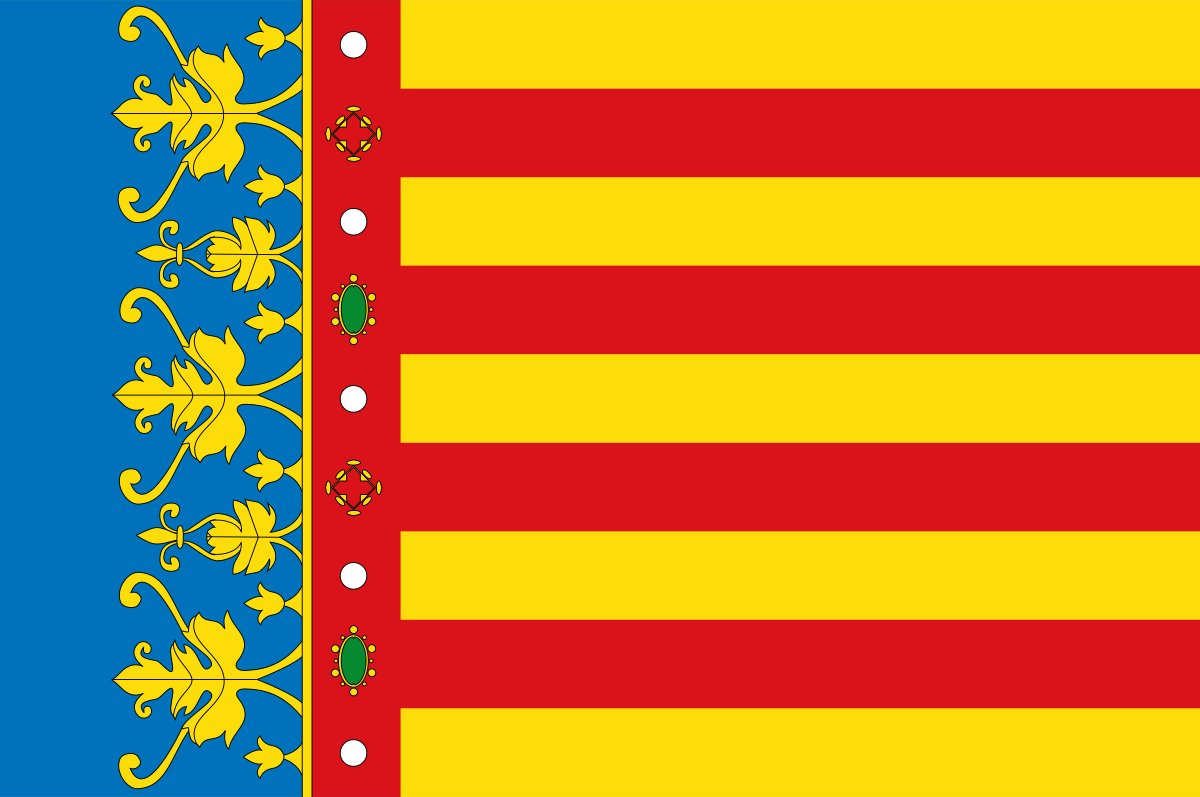 Valencian Community
Valencian Community
 England
England
 France
France
 Greece
Greece

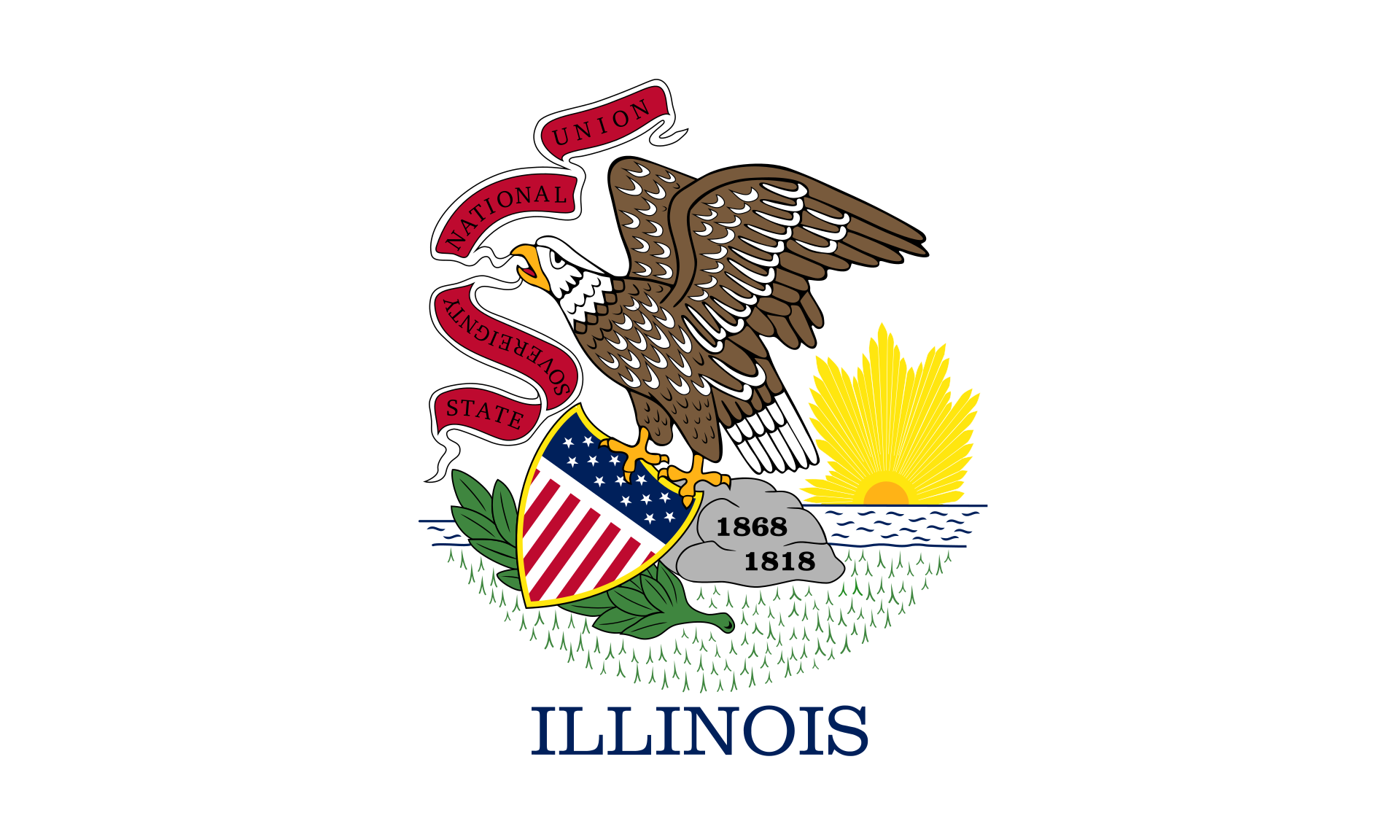 Illinois-IL
Illinois-IL
 Italy
Italy
 Japan
Japan
 Canada
Canada
 Kyūshū
Kyūshū
 New Zealand
New Zealand

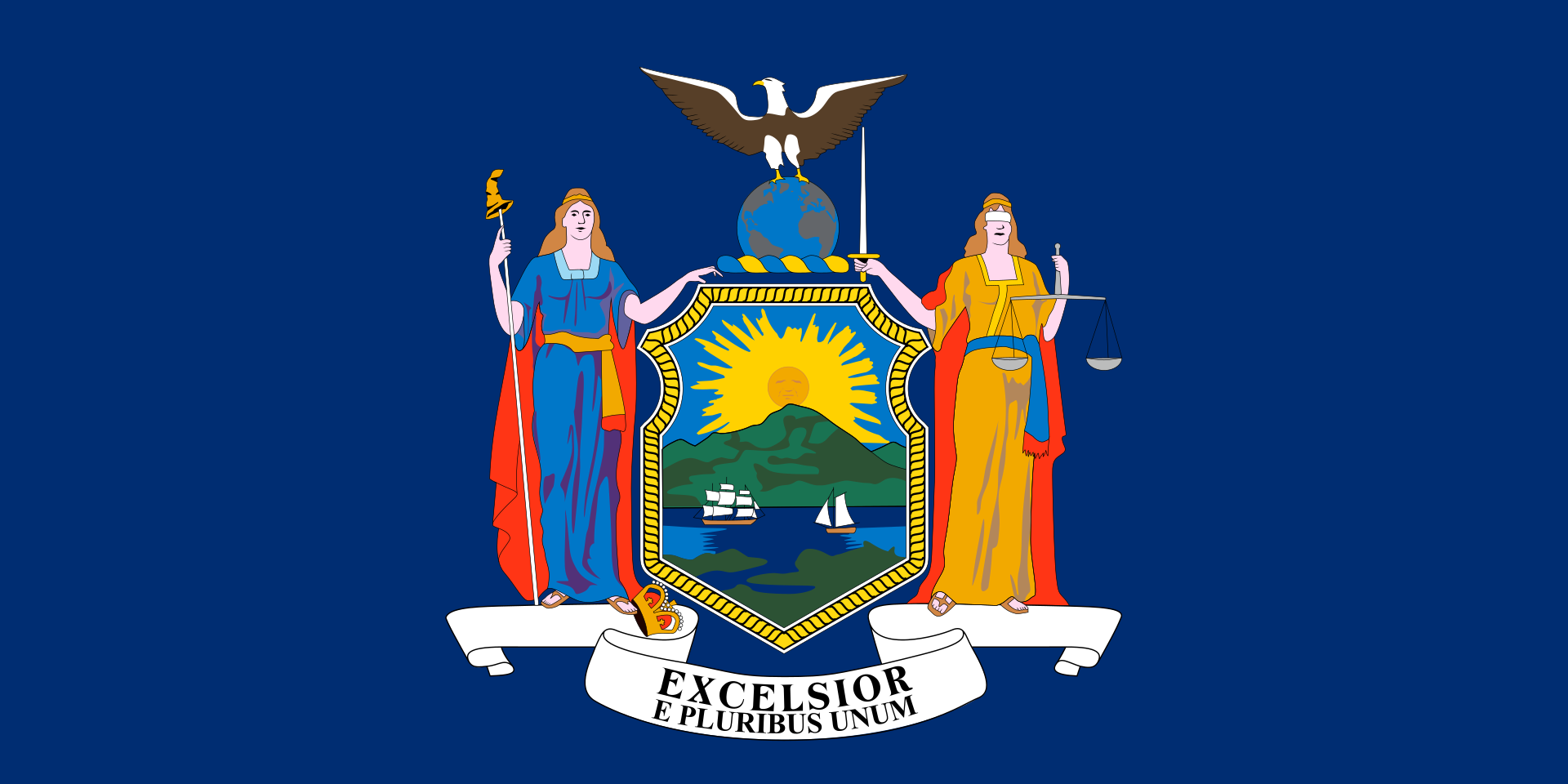 New York-NY
New York-NY
 Oman
Oman
 Austria
Austria

 Provence-Alpes-Côte d´Azur
Provence-Alpes-Côte d´Azur
 Republic of Korea
Republic of Korea

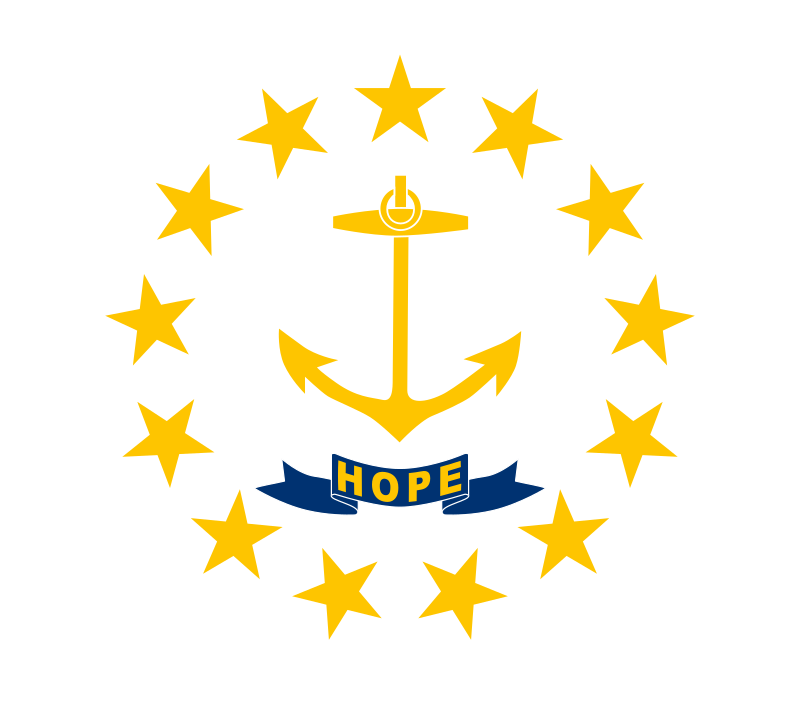 Rhode Island-RI
Rhode Island-RI
 Russia
Russia

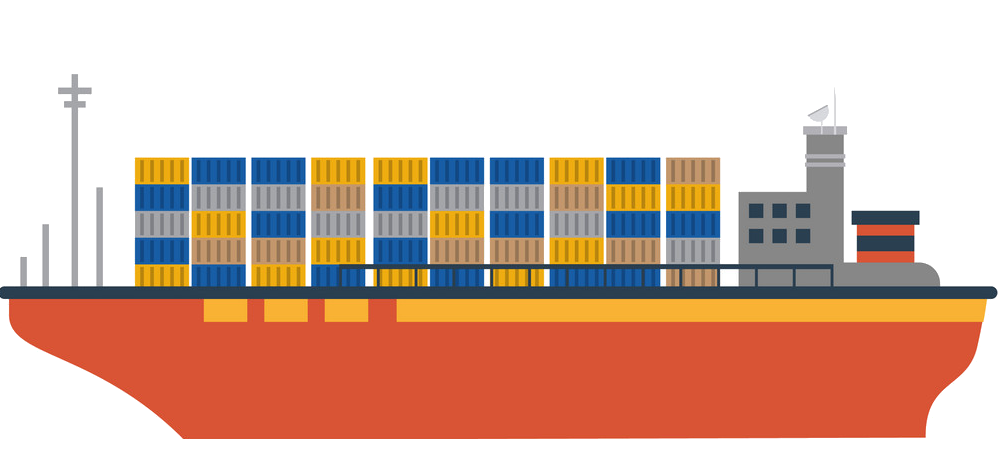 Ships and Nautics
Ships and Nautics
 Sweden
Sweden
 Spain
Spain

 Sport
Sport
 America´s Cup
America´s Cup
 United States
United States
 United Kingdom
United Kingdom
 United Kingdom
United Kingdom

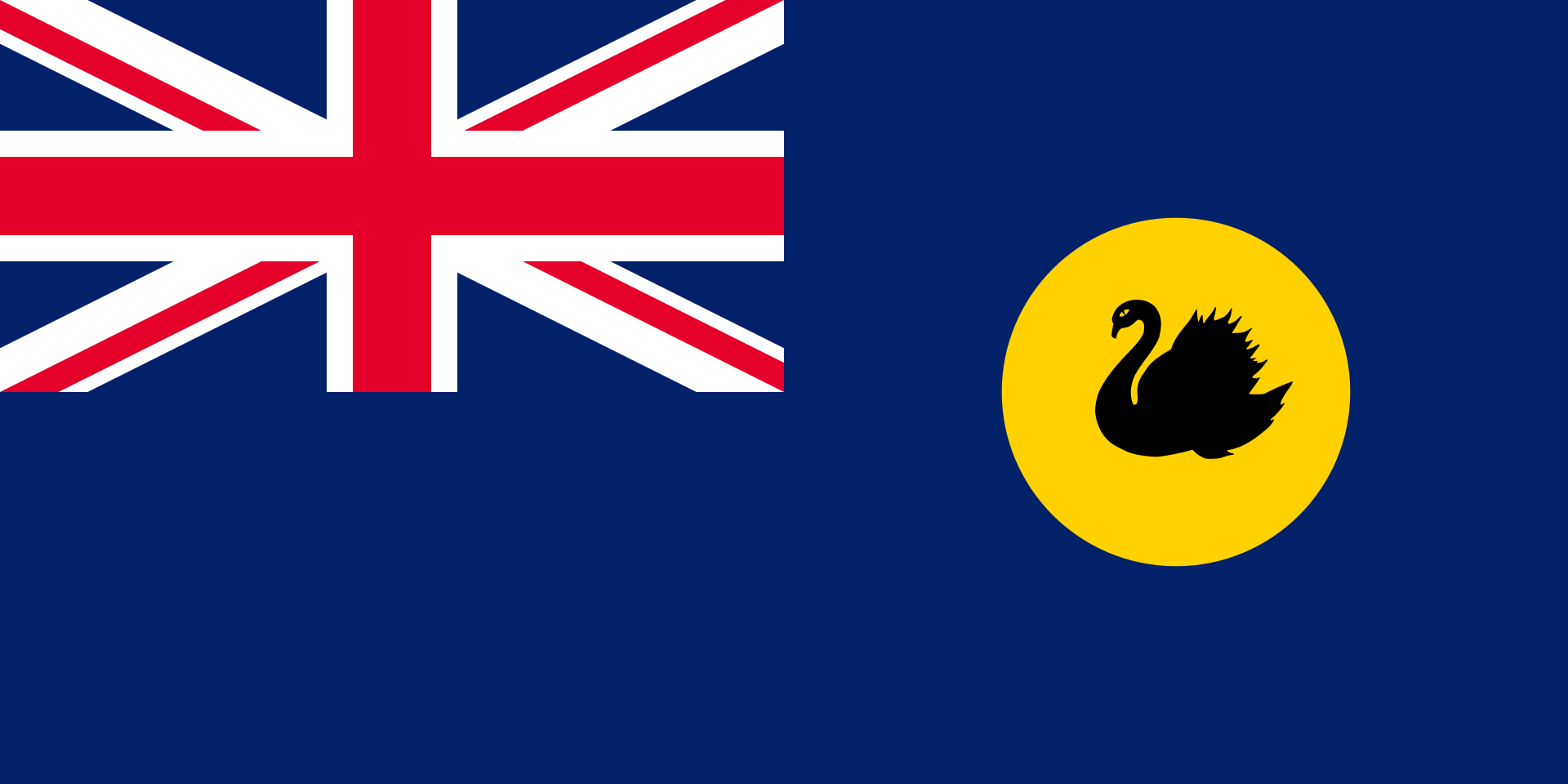 Western Australia-WA
Western Australia-WA

美洲杯帆船赛(英语:America's Cup)是赛艇运动中保存的最著名也是最古老的一项体育比赛。
比赛奖杯是银质大口水罐,奖励给来自不同国家的两艘帆船之间举行的九局五胜制比赛的胜者。两艘帆船中,一艘代表卫冕冠军游艇俱乐部,另一艘则代表俱乐部挑战奖杯。
美洲杯帆船赛源于1851年8月22日,一艘由代表纽约游艇俱乐部(New York Yacht Club,NYYC)的财团拥有的30.86米长纵帆船“美洲号”(America),同15艘代表皇家快艇舰队(Royal Yacht Squadron)的帆船在英国南部的怀特岛附近比赛。“美洲号”最终以领先20分钟胜出。拥有“美洲号”的财团后来将奖杯通过馈赠契约捐献给纽约游艇俱乐部。由此,奖杯被托管成为一项鼓励各国之间友谊竞赛的“挑战”奖品。
在当时公认无敌的英国海上霸权遭受如此打击后,一系列英国财团试图赢回奖杯。但纽约游艇俱乐部在超过132年的25次挑战中保持不败,成为体育运动史上最长的连胜纪录。1930年以前,这项赛事一直在纽约港附近举行,余下的NYYC全盛时期内则改在罗德岛的纽波特(Newport,Rhode Island)举行。
Der America’s Cup ist die älteste noch heute ausgetragene Segelregatta. Der Preis ist ein Wanderpokal und hat seinen Ursprung in einer Regatta rund um die britische Insel Isle of Wight im Jahre 1851.[1] Er ist benannt nach seiner erstmaligen Gewinnerin, der Yacht America des New York Yacht Club (NYYC).
Um den America’s Cup treten die Boote zweier Yachtclubs – Verteidiger und Herausforderer – in mehreren Wettfahrten gegeneinander an. Die Yacht, die eine vorher festgelegte Anzahl von Wettfahrten gewinnt, gewinnt den Cup. Laut der Stiftungsurkunde bestimmt der Verteidiger das Segelrevier. Die Stiftungsurkunde sieht vor, dass Verteidiger und Herausforderer innerhalb gewisser Grenzen Vereinbarungen über die Regeln treffen können, z. B. was die Anzahl der Wettfahrten betrifft.[2]
Von der ersten Verteidigung 1870 bis zur 20. Regatta im Jahr 1967 gab es jeweils nur einen Herausforderer. Im Jahr 1970 gab es erstmals mehrere Herausforderer, so dass der veranstaltende New York Yacht Club sich einverstanden erklärte, den offiziellen Herausforderer durch eine Vorausscheidung zu ermitteln. Zwischen 1983 und 2007 bis zum zeitweiligen Rückzug des Sponsors Louis Vuitton und ab 2013 erneut wurde der Herausforderer durch den Louis Vuitton Cup ermittelt. Schon die Teilnahme am Louis Vuitton Cup setzte großes finanzielles Engagement voraus: die Budgets der High-Tech-Yachten betrugen teilweise über 100 Mio. Dollar. Die Yachten mussten im Land des angemeldeten Teams gebaut werden. Wesentliche Neuerungen ergaben sich bei den letzten beiden ACs. 2010 segelten das erste Mal sowohl Verteidiger wie Herausforderer mit Mehrrumpfbooten. 2013 waren Katamarane vereinbart und die teilnehmenden Teams konstruierten „Tragflügelkatamarane“ die über 40 Knoten (75 km/h) schnell segelten. Für 2017 wurden die Boote „AC50F Katamaran“ von ehemals 72 Fuß (fast 22 m) auf 50 ft (gut 15 m) verkürzt, blieben 24 m hoch und wurden im Training erstmals 50 kn (92 km/h) schnell.[3]
アメリカスカップあるいはアメリカズカップ[1](英: America's Cup)は、1851年より現在まで続く国際ヨットレース。また、その優勝杯の名。その成立は近代オリンピックより45年、サッカーのワールドカップより79年、全英オープンよりも9年早く、継続して使用されている世界最古のスポーツトロフィーとして広く一般に認知されている。[2][3]
名称の由来は最初の優勝艇の『アメリカ号』の名を冠した『アメリカ号のカップ』であり、決して『アメリカ合衆国のカップ』という意味ではない。しかし、その後132年に亘ってアメリカ合衆国のヨットクラブがカップを防衛してきたため、事実上『アメリカ合衆国のカップ』と同じ定義で称される。
競技の本質は、カップの寄贈者が記した贈与証書の規定に基づき、アメリカズカップを掛けてマッチレース(1対1)形式で争われるヨットクラブ間の国際親善レースである。しかし、使用されるヨットは出場国で建造しなければならないため、参加各国の造船工学・建築工学・材料工学・流体力学・航空力学・気象学などの最先端技術や軍事からの応用技術が投入される等、参加国の威信を賭けた国別対抗レースとしての一面も持ち合わせている。またこれら最新ヨットにはオリンピックメダリストら多数のトップセーラーが乗り組むことあり、一般にヨットレース全般、或いはインショア(沿海)レースの最高峰として位置づけられており、別名「海のF1」とも称される。
The America's Cup, affectionately known as the Auld Mug, is a trophy awarded to the winner of the America's Cup match races between two sailing yachts. One yacht, known as the defender, represents the yacht club that currently holds the America's Cup and the second yacht, known as the challenger, represents the yacht club that is challenging for the cup. The timing of each match is determined by an agreement between the defender and the challenger. The America's Cup is the oldest international sporting trophy.[1][2][3] It will next be raced for in the southern summer, in the early part of 2021.[4]
The cup was originally awarded in 1851 by the Royal Yacht Squadron for a race around the Isle of Wight in the United Kingdom, which was won by the schooner America. The trophy, originally named the '£100 Cup', was renamed the America's Cup after the yacht and was donated to the New York Yacht Club (NYYC) under the terms of the Deed of Gift, which made the cup available for perpetual international competition.
Any yacht club that meets the requirements specified in the deed of gift has the right to challenge the yacht club that holds the cup. If the challenging club wins the match, it gains stewardship of the cup.
The history and prestige associated with the America's Cup attracts not only the world's top sailors and yacht designers but also the involvement of wealthy entrepreneurs and sponsors. It is a test not only of sailing skill and boat and sail design, but also of fundraising and management skills.
The trophy was held by the NYYC from 1857 (when the syndicate that won the cup donated the trophy to the club) until 1983. The NYYC successfully defended the trophy twenty-four times in a row before being defeated by the Royal Perth Yacht Club, represented by the yacht Australia II. The NYYC's reign was the longest winning streak (in terms of date) in the history of all sports.[5]
From the first defence of the cup in 1870 through the twentieth defence in 1967, there was always only one challenger. In 1970, for the first time, there were multiple challengers, so the NYYC agreed that the challengers could run a selection series with the winner becoming the official challenger and competing against the defender in the America's Cup match. Since 1983, Louis Vuitton has sponsored the Louis Vuitton Cup as a prize for the winner of the challenger selection series.
Early matches for the cup were raced between yachts 65–90 ft (20–27 m) on the waterline owned by wealthy sportsmen. This culminated with the J-Class regattas of the 1930s. After World War II and almost twenty years without a challenge, the NYYC made changes to the deed of gift to allow smaller, less expensive 12-metre class yachts to compete; this class was used from 1958 until 1987. It was replaced in 1990 by the International America’s Cup Class which was used until 2007.
After a long legal battle, the 2010 America's Cup was raced in 90 ft (27 m) waterline multihull yachts in a best of three "deed of gift" match in Valencia, Spain. The victorious Golden Gate Yacht Club then elected to race the 2013 America's Cup in AC72 foiling, wing-sail catamarans. Golden Gate Yacht Club successfully defended the cup. The 35th America's Cup match was announced to be sailed in 50 ft foiling catamarans.[6]
The history of the America's Cup has included legal battles and disputes over rule changes including most recently over the rule changes for the 2017 America's Cup.[7]
The America's Cup is currently held by the Royal New Zealand Yacht Squadron,[8] who will stage the 36th defence of the Cup in 2021.
La Coupe de l'America (America's Cup) est une compétition nautique internationale à la voile, voulue par ses initiateurs comme un défi amical et perpétuel entre Yacht Clubs de différentes nations et définie sous cette dénomination en 1857 par les membres du New York Yacht Club (NYYC)2, vainqueurs, six ans plus tôt, en 1851, avec la goélette America, de la régate internationale originelle, organisée autour de l'île de Wight, par le Royal Yacht Squadron (RYS), en marge de l'exposition universelle de Londres.
Le trophée est une aiguière en argent, attribuée au Yacht Club vainqueur du défi jusqu'à sa remise en jeu. Fabriquée en 1848 pour le Royal Yacht Squadron par le bijoutier et orfèvre Robert Garrard de Londres comme trophée de la Coupe de Cent Souverains, elle est ramenée aux États-Unis, en septembre 1851 sous le nom de Coupe de Cent Guinées, pour prendre en juillet 1857 son nom actuel de Coupe de l'America, en hommage à la goélette victorieuse.
C'est une des plus anciennes compétitions sportives encore disputée de nos jours et se révèle être l'un des principaux théâtres de l'évolution de l'architecture navale en matière de voiliers de régates.
À la suite de la régate de 1851 et de la création de la course en 1857, la première édition de la coupe de l'America n'est disputée qu'après la guerre de Sécession, en août 1870. Après ces deux compétitions, lors desquelles un voilier challenger affronte une flotte de voiliers défendeurs, les adversaires se mesurent en duel (match-racing). La deuxième édition de 1871 se déroule en deux duels successifs avec deux défendeurs du NYYC contre l'unique challenger du Royal Thames Yacht Club.
C'est à partir de la troisième édition de 1876 que les régates opposent, le défender, tenant du titre, au challenger qui relève le défi. Ce dernier est désigné par des régates de sélection depuis la 21e édition de 1970, régates qui prennent le nom de Coupe Louis-Vuitton en 1983, lors de la 25e édition.
Chaque édition voit l'établissement d'un règlement particulier, appelé acte de donation, définissant entre autres les conditions de régates et le type de bateau utilisé basé sur une jauge de course, rédigé par le defender et le challenger de référence, c'est-à-dire le premier Yacht Club à défier le tenant du titre.
En 2002, une exposition intitulée L'America's Cup, 150 ans d'histoire racontée par Louis Vuitton est organisée au Musée national de la Marine à Paris.
Le trophée est détenu par Emirates Team New Zealand, représentant le Royal New Zealand Yacht Squadron qui s'impose sept à un face au défi Oracle Team USA lors de la 35e édition disputée aux Bermudes. Grant Dalton, patron du défi néo-zélandais, annonce que le nouveau Challenger of Records est Circolo della Vela Sicilia (en) avec Luna Rossa.
L'America's Cup (Coppa America in italiano) è il più famoso trofeo nello sport della vela, nonché il più antico trofeo sportivo del mondo per cui si compete tuttora.
Si tratta di una serie di regate di match race, ovvero tra soli due yacht che gareggiano uno contro l'altro. Le due imbarcazioni appartengono a due Yacht Club differenti, una rappresentante lo yacht club che detiene la coppa e l'altra uno yacht club sfidante.
Nelle edizioni 1995, 2000, 2003 e 2007, la coppa, una brocca d'argento, è stata assegnata al vincitore di un incontro al meglio di nove regate. L'edizione 2010 della competizione è stata vinta dall'imbarcazione statunitense BMW Oracle Racing che ha avuto la meglio sul defender svizzero Alinghi con un risultato di 2-0. Oracle ha mantenuto la Coppa anche durante l'edizione 2013, battendo Emirates Team New Zealand 9-8. Nell'edizione numero 35, svoltasi nel 2017 nelle Isole Bermuda, Emirates Team New Zealand si aggiudica il trofeo sconfiggendo 7-1 il defender Oracle Team USA[1].
La Copa América (America's Cup en inglés y oficialmente) de vela es la competición más importante de ese deporte y algunas fuentes sostienen que es el tercer evento deportivo con mayor impacto económico para el país de acogida después de los Juegos Olímpicos y el Mundial de fútbol.1234
El actual defensor es el Real Escuadrón de Yates de Nueva Zelanda, que venció al Club de Yates Golden Gate en la última edición, celebrada en Hamilton (Bermudas).
El Challenger of Record para la próxima edición es el Círculo de Vela Sicilia.5
Кубок «Америки» (англ. America's Cup) — одна из самых известных и самых престижных регат в мире. Является старейшим в мире международным соревнованием во всех видах спорта, будучи основанным на два десятилетия ранее Кубка Англии по футболу и на 45 лет раньше первых современных Олимпийских игр.
Кубок Америки получил своё название в честь яхты «Америка» , которая выиграла его в престижной английской регате в 1851 году. Трофей остался в Нью-Йоркском яхт-клубе.
Кубок был изготовлен в 1848 году компанией «Гаррард и Ко». Он представляет собой кувшин без дна, на котором выгравированы названия всех яхт — обладателей кубка. По легенде, дно в кубке отсутствует по желанию английской королевы Виктории, не желавшей, чтобы из него пили[1]. Материал кубка — это так называемый британский металл — сплав олова, меди и сурьмы, покрытый серебром. В 1958 и 2003 годах кубок был дополнен основаниями, для размещения названий очередных победителей. В 1997 году вандал, проникший в здание Новозеландского яхт-клуба, изуродовал Кубок кувалдой. Кубок был бесплатно восстановлен английскими мастерами.
Кубок разыгрывается в серии матчевых гонок между представителем страны, победившим в прошлом цикле, и претендентом. Претендентом является победитель предварительных отборочных соревнований. В настоящее время отборочными соревнованиями служит Кубок Луи Виттона. Место поединка выбирает обладатель кубка.

 Holidays
Holidays
 Life and Style
Life and Style
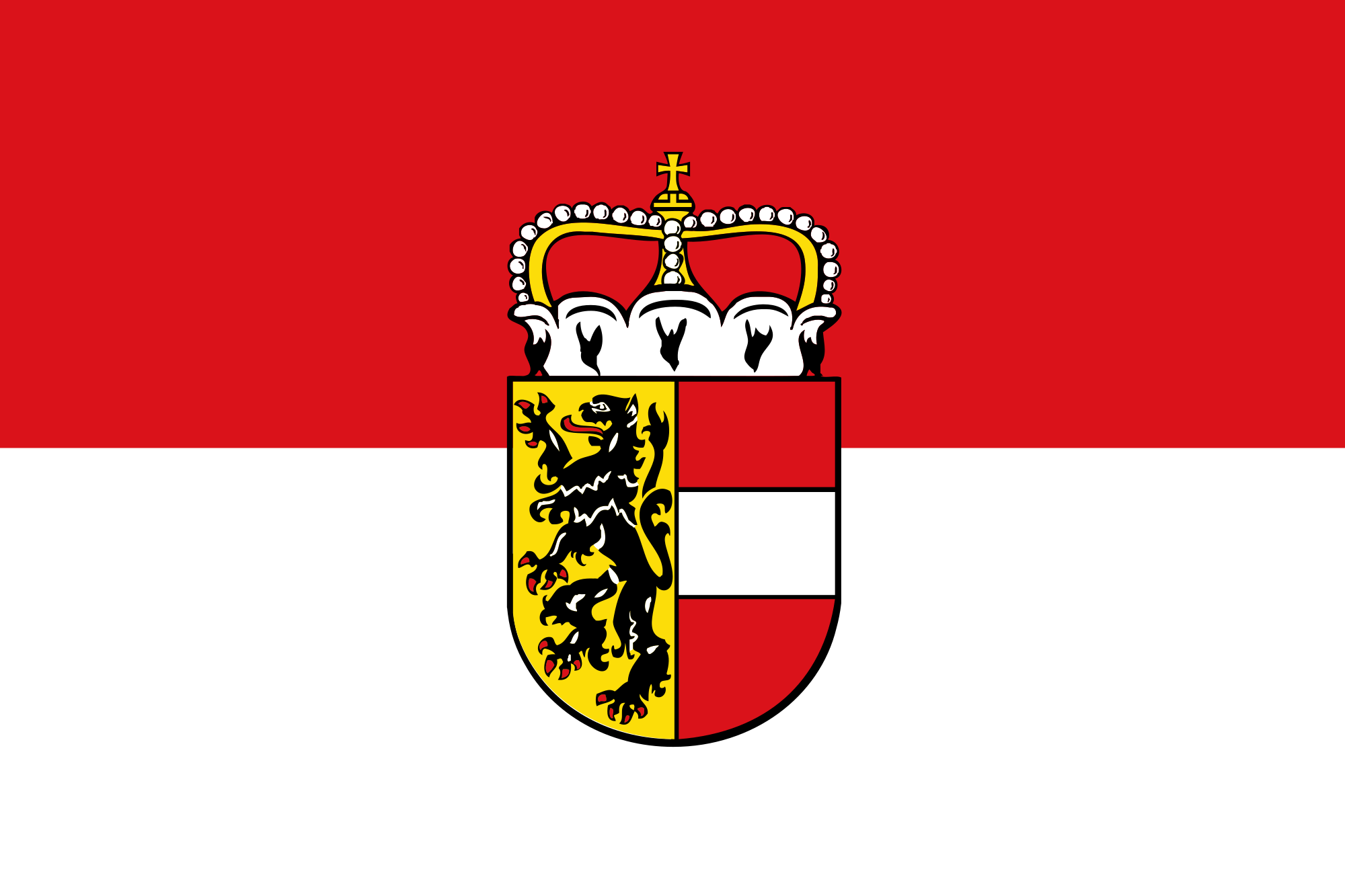 Salzburg
Salzburg
 Companies
Companies
 Geography
Geography
 European Union
European Union
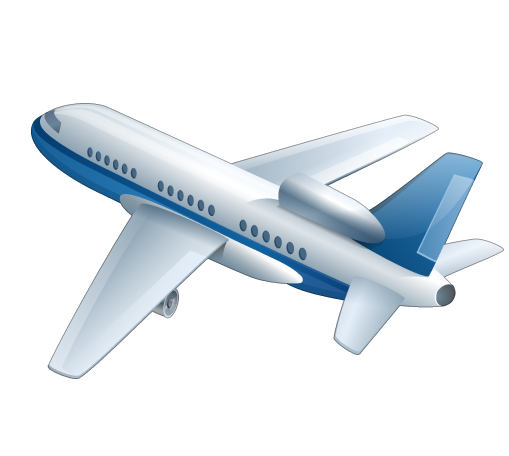
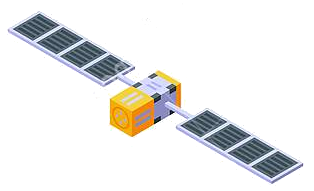
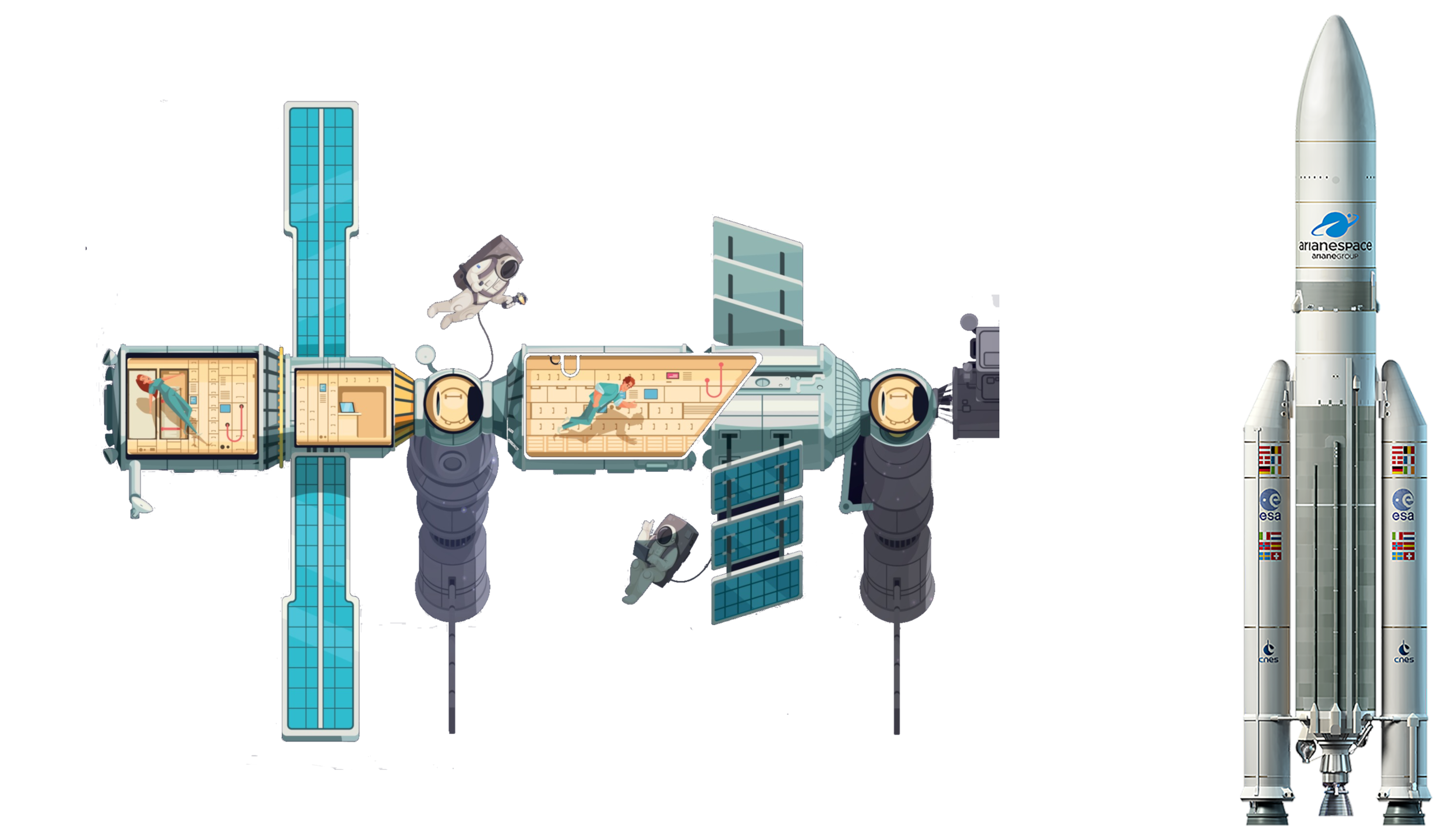 Aerospace
Aerospace
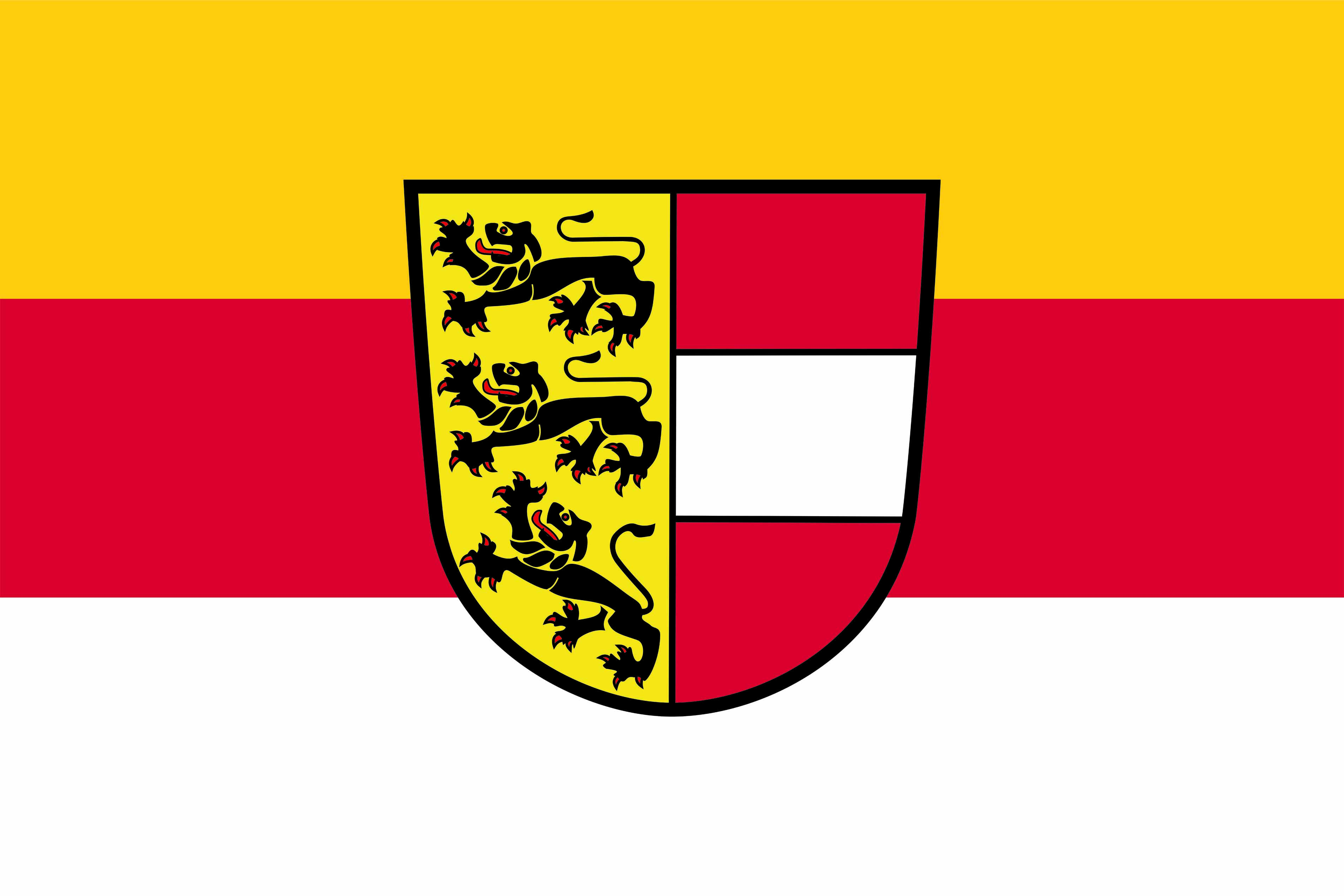 Carinthia
Carinthia
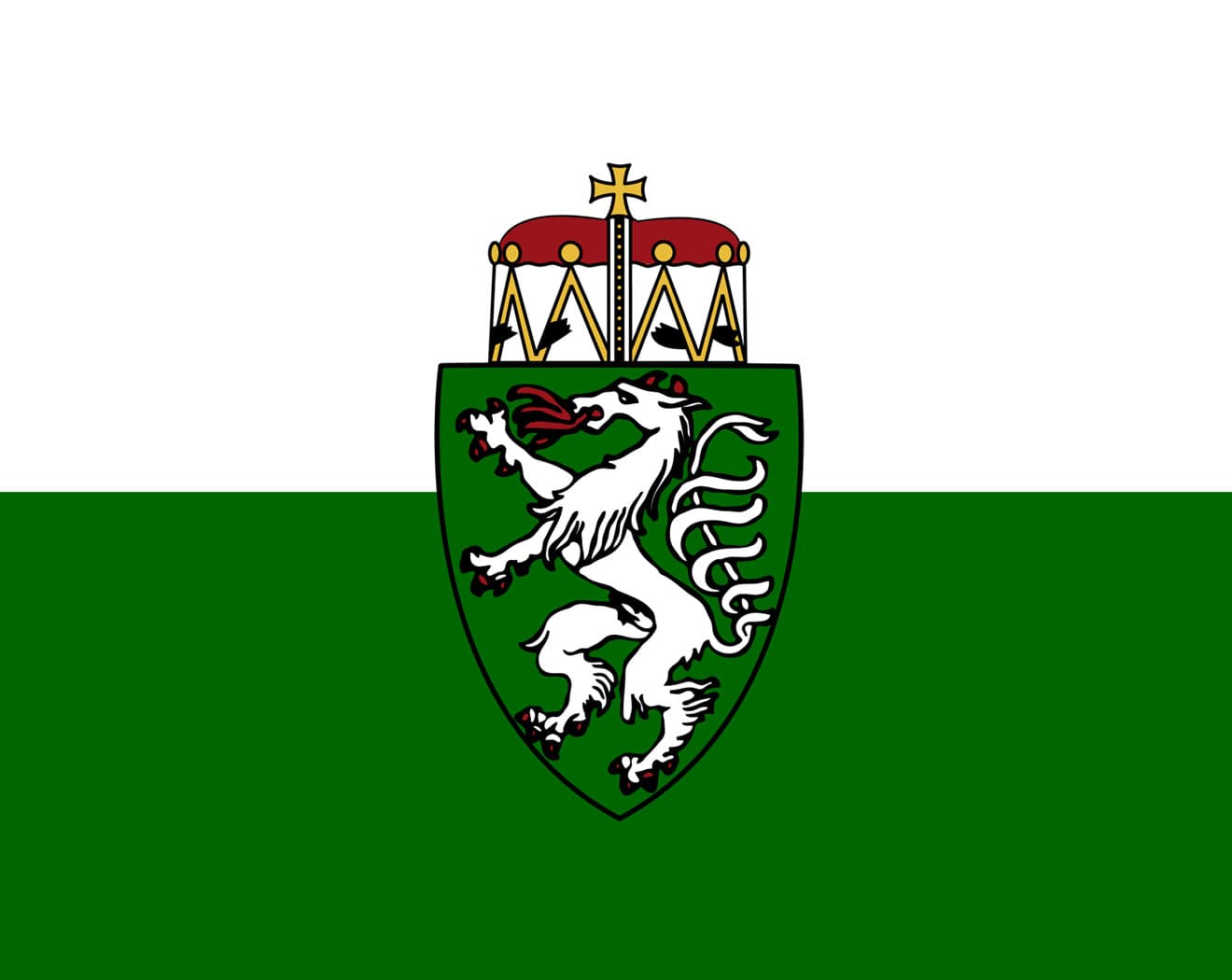 Styria
Styria